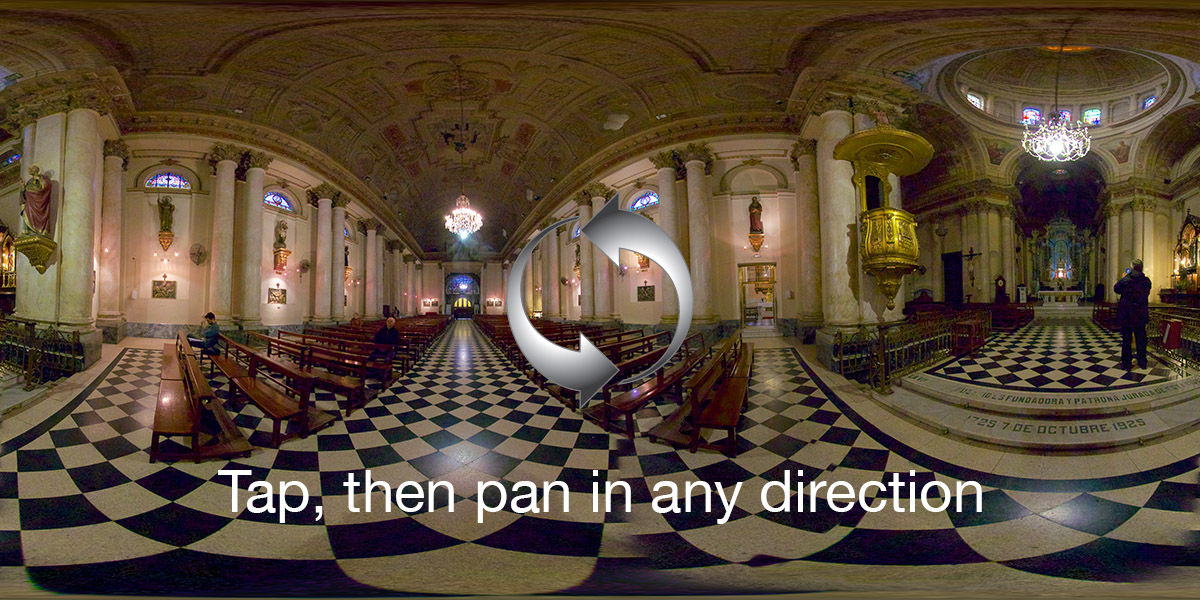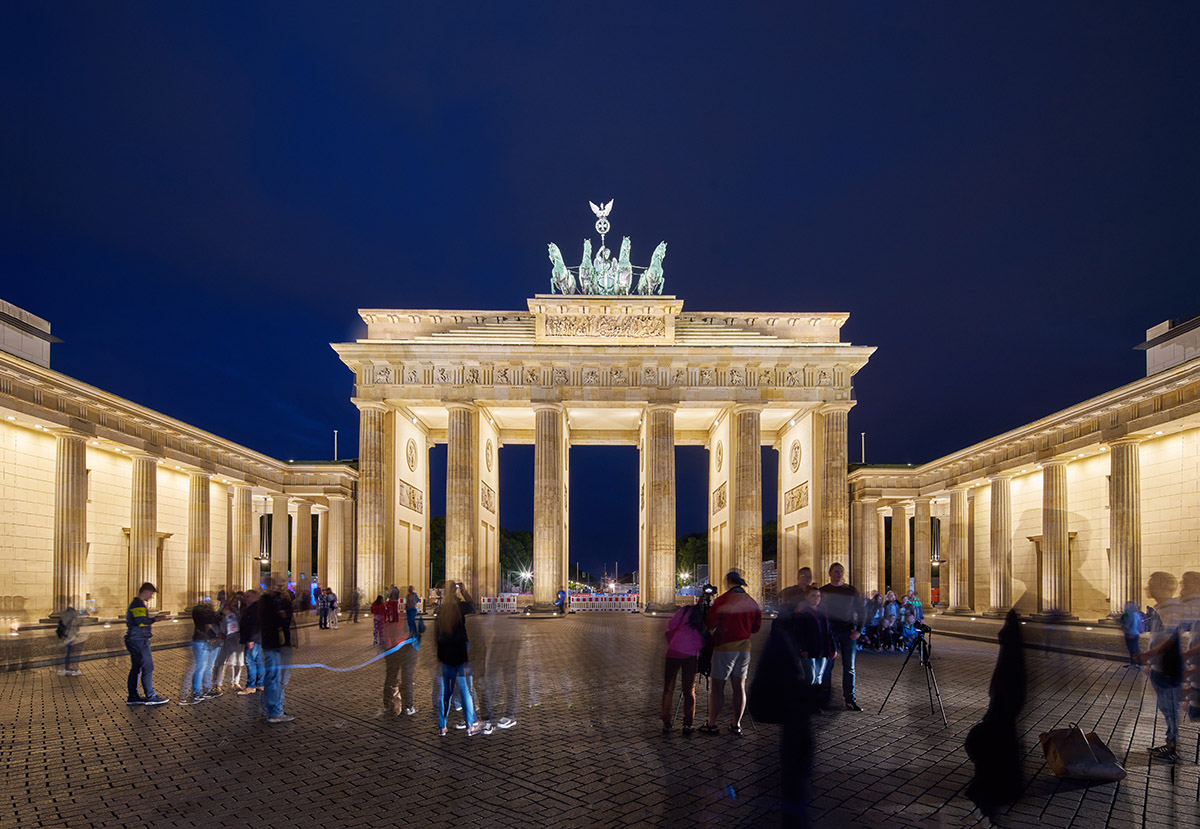Digital capabilities, adoption, and usage are evolving at a supercharged pace. While most users scramble just to keep up with the relentless rate of innovation, the sectors, companies, and individuals on the digital frontier continue to push the boundaries of technology use—and to capture disproportionate gains as a result.
The pronounced gap between the digital “haves” and “have-mores” is a major factor shaping competition at all levels of the economy. The companies leading the charge are winning the battle for market share and profit growth; some are reshaping entire industries to their own advantage. Workers with the most sophisticated digital skills are in such high demand that they command wages far above the national average. Meanwhile, there is a growing opportunity cost for the organizations and individuals that fall behind.
Our new McKinsey Global Institute (MGI) report, Digital America: A tale of the haves and have-mores, represents the first major attempt to measure the ongoing digitization of the US economy at a sector level. It introduces the MGI Industry Digitization Index, which combines dozens of indicators to provide a comprehensive picture of where and how companies are building digital assets, expanding digital usage, and creating a more digital workforce. In addition to the information- and communication-technology sector, media, financial services, and professional services are surging ahead, while others have significant upside to capture.
Can home buying be brought into the digital age?
ago, if you were involved with the Web in Boston, one of the people you likely ran into was a forward-thinking Cambridge real estate broker named Bill Wendel. In 1995, before most people had Internet access at home, he opened the Real Estate Café outside of Harvard Square.
Wendel saw the Internet as “a tool to correct the problems in the industry,” giving buyers more information and lowering the fees they paid as part of buying a home. But in 1995, there wasn’t a way for buyers to search the primary database of for-sale properties — so Wendel opened a storefront where they could do that, long before Trulia, Redfin, or Zillow came along.
Did You Really Agree to That? The Evolution of Facebook’s Privacy Policy
Jennifer Shore and Jill Steinman:
Results summary: We harvested old copies of Facebook’s privacy policies from the Internet Archive’s Wayback Machine from 2005 to 2015. We ranked each Facebook privacy policy based on its compliance with each of 33 relevant PPR Framework criteria, on a scale from 0 to 4 (with 0 indicating that the privacy policy did not meet a criterion at all, and 4 indicating that the criterion was fully met). We found a decline in 22 of the 33 standards we measured in Facebook’s stated privacy policy. Here are some examples. The measure of whether Facebook’s privacy policy fully describes use of Internet monitoring technologies, including but not limited to beacons, weblogs, and cookies, dropped from 4 to 0. The measure of whether the privacy policy fully describes under what circumstances data are externally disclosed started at 3, rose to 4 and then dropped to 0. The measure of whether the privacy policy describes a system that allows users to clearly identify data used for profiling and targeting started at 4 and dropped to 0. The measure of whether the privacy policy fully describes what ability the [user] has to change, segment, delete, or amend their information started at 4, bounced to 2 and back, and then dropped to 0. Drops in these measures suggest that privacy policies became less informative over time, even as word count soared.
Reflecting on Rosario, Argentina
Memories of a drive to and from Rosario were revived by a recent Economist “Bello” column on that City by the River (wikipedia).
I thought it time to share photos and a panorama from that 2014 journey.
This means that Rosario has no aristocracy but rather a bourgeoisie, based on family businesses, says Gerardo Bongiovanni, who runs Fundación Libertad, a liberal think-tank in the city. Both the city and the surrounding province of Santa Fe have been relatively well-governed since the 1980s, he adds. Rosario, and now the province, is a bastion of the Socialist Party, a moderate and non-populist grouping that models itself on its namesake in Spain. Argentines know the city as a centre of culture and a nursery of footballers—Lionel Messi, Ángel di María and Javier Mascherano, the brightest stars of the national team, were born there or nearby.
Rosario’s residually elegant tree-lined avenues of Belle Époque houses are testament to its golden age as a grain port a century ago. Today it is Argentina’s agro-industrial capital. The world’s biggest and most efficient cluster of oilseed-crushing plants stretches for 80km (50 miles) along the Paraná. Rosario has therefore suffered from President Cristina Fernández de Kirchner’s policy of squeezing farmers to benefit her clientele in the cities. Soya exports, for example, are subject to a 35% “retention” imposed in 2007 after world prices rose. Farmers suffer, too, from the overvalued peso.
At the vast crushing plant of Louis Dreyfus Commodities, a European firm, soyabeans are transformed into meal, oil and biodiesel and loaded into oceangoing ships at two wharves on the Paraná. It is a world-class operation, involving an investment of $700m, but it runs at only around 65% of capacity, says Diego Pereyra, the head of Dreyfus’s oilseeds division. For that, blame the “retentions”: after quadrupling in the decade to 2007, Argentina’s production has grown much less quickly.
What makes farmers even more furious is that they see little return from their taxes. Under Ms Fernández, the total number of public employees, pensioners and welfare beneficiaries has almost doubled. But investment in infrastructure has languished. An upgrade of the railway from Rosario to the north-west is only a third complete. Ms Fernández’s anti-business policies mean that private investment has slumped, too.
Flames greeted us on our arrival outside Rosario. Several people, using horse drawn carts placed burning tires on the freeway entering the City. We, along with many other cars made a rather long detour around the flaming tires and finally, into Rosario.
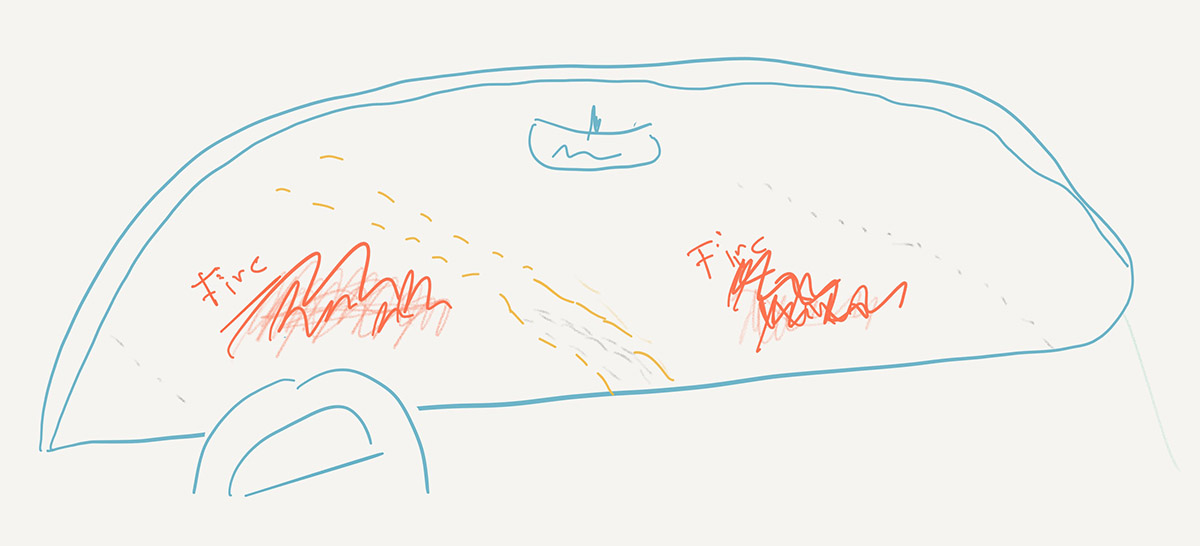

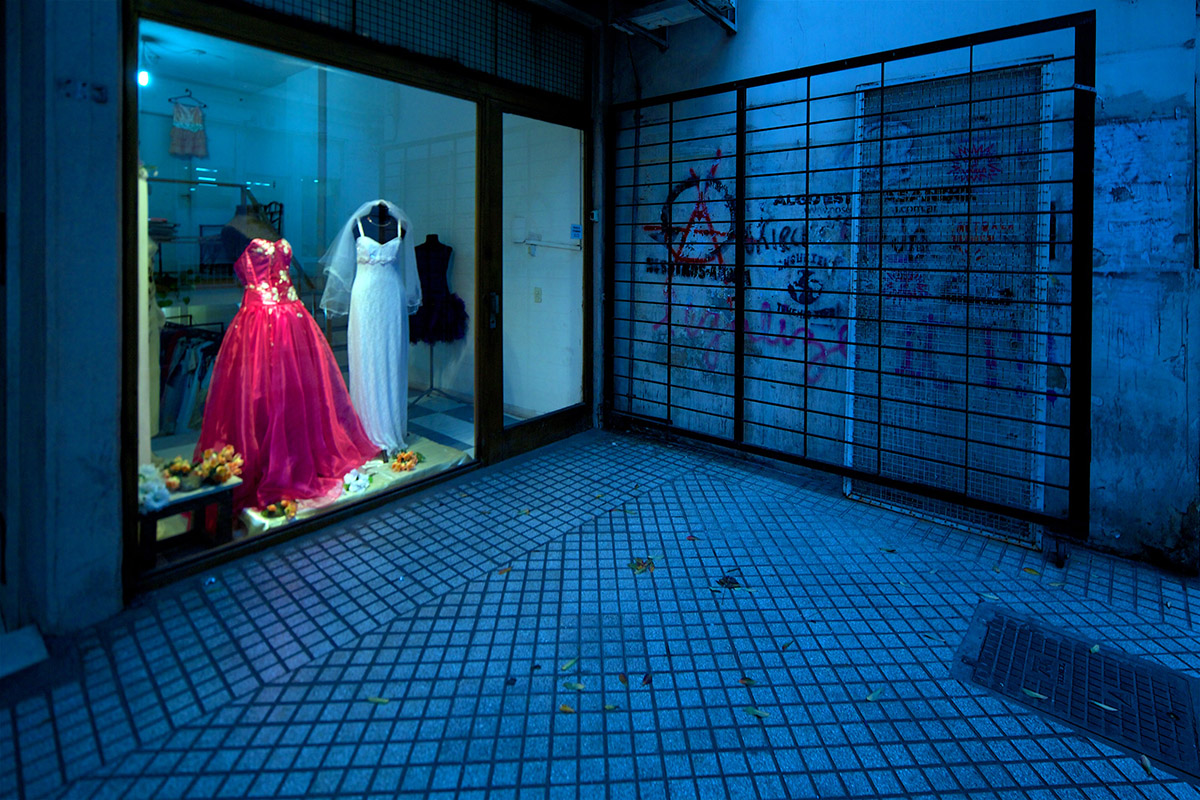
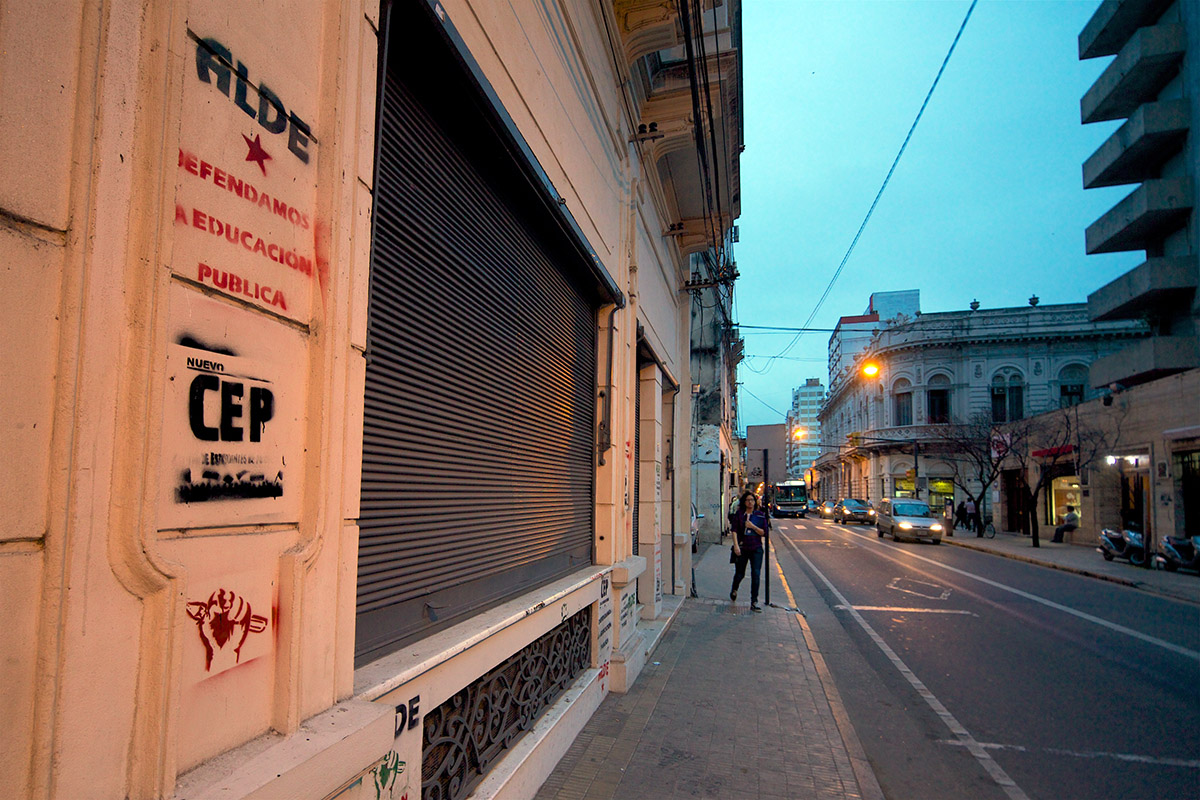
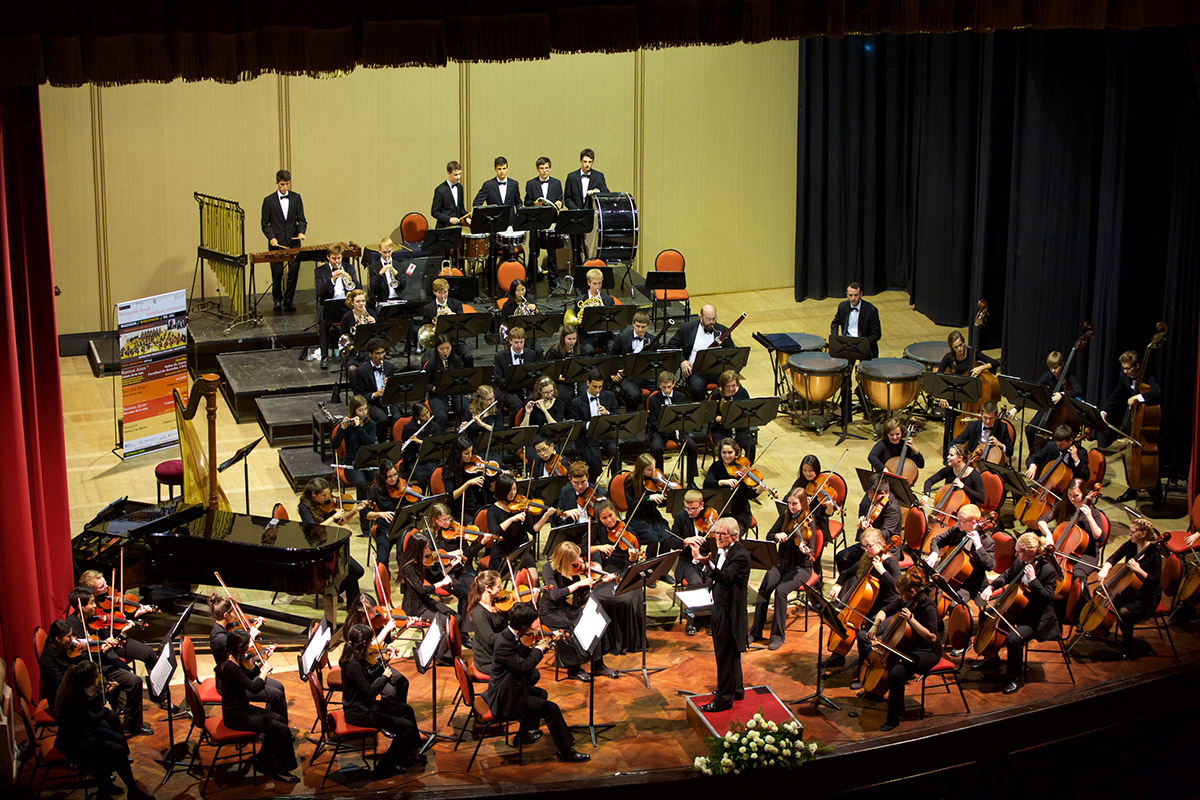
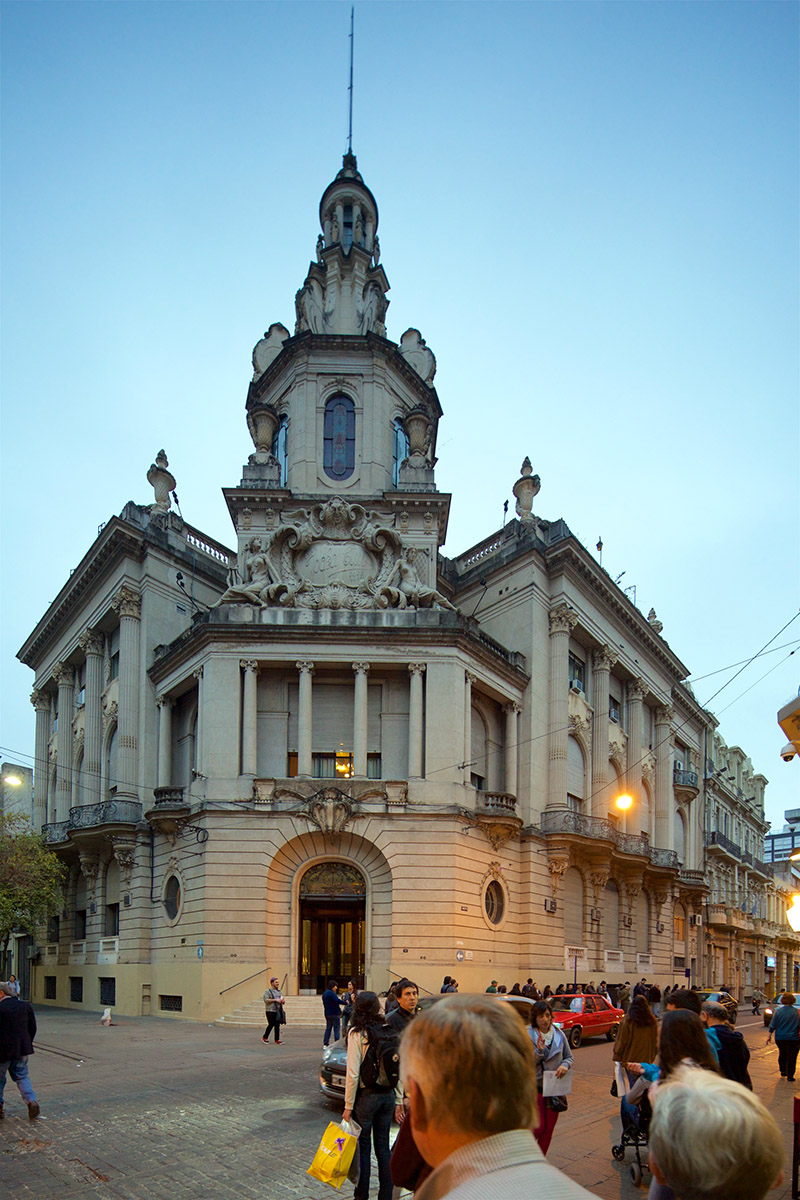
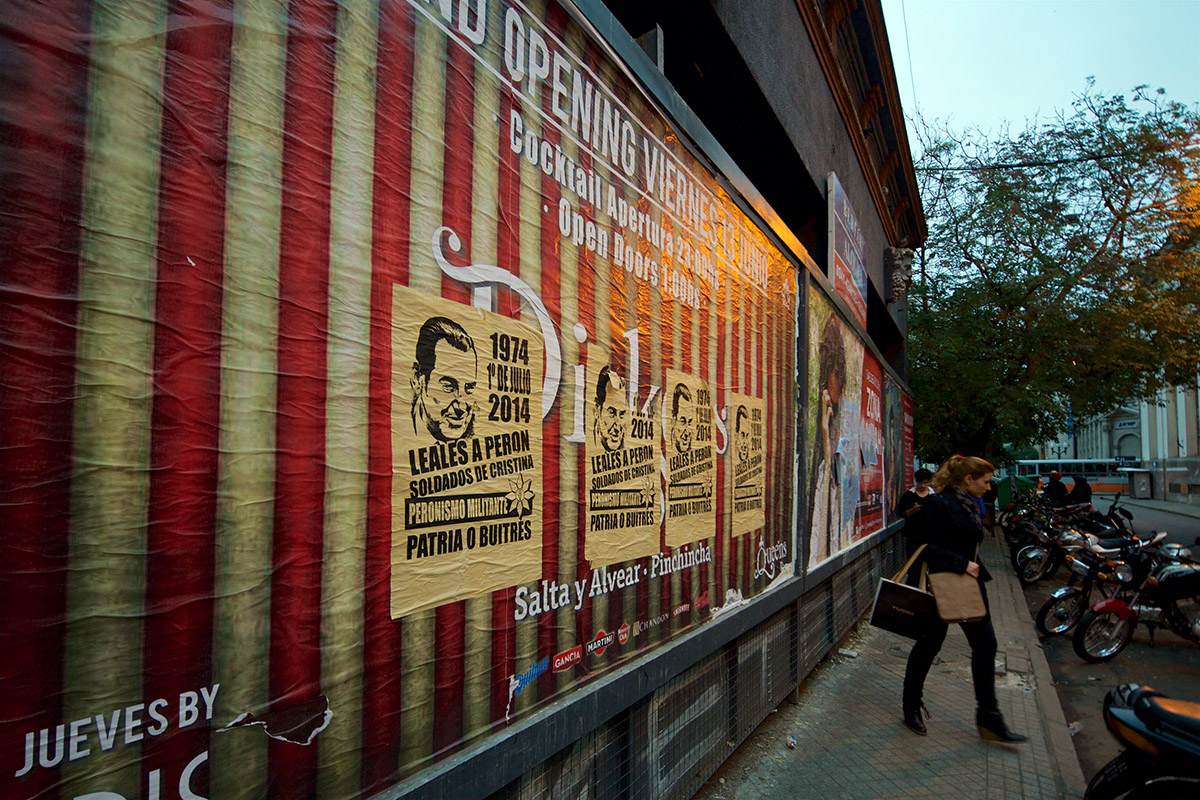

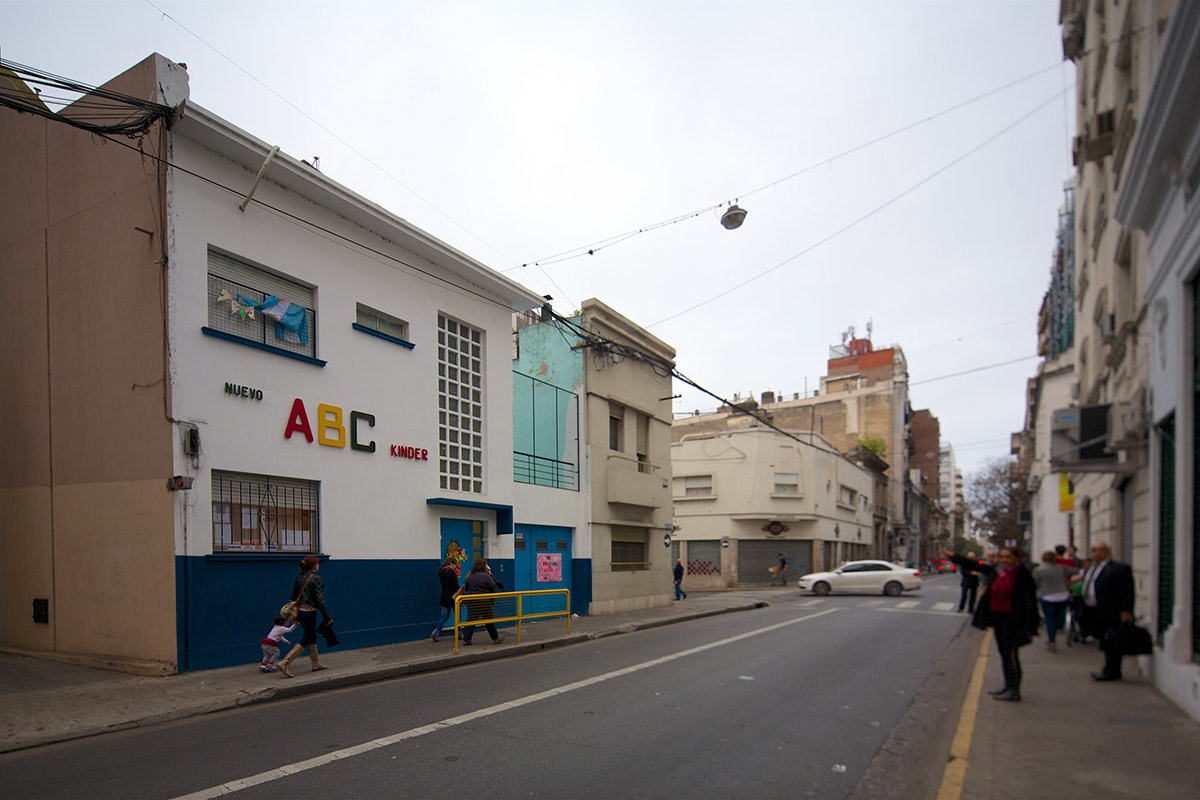
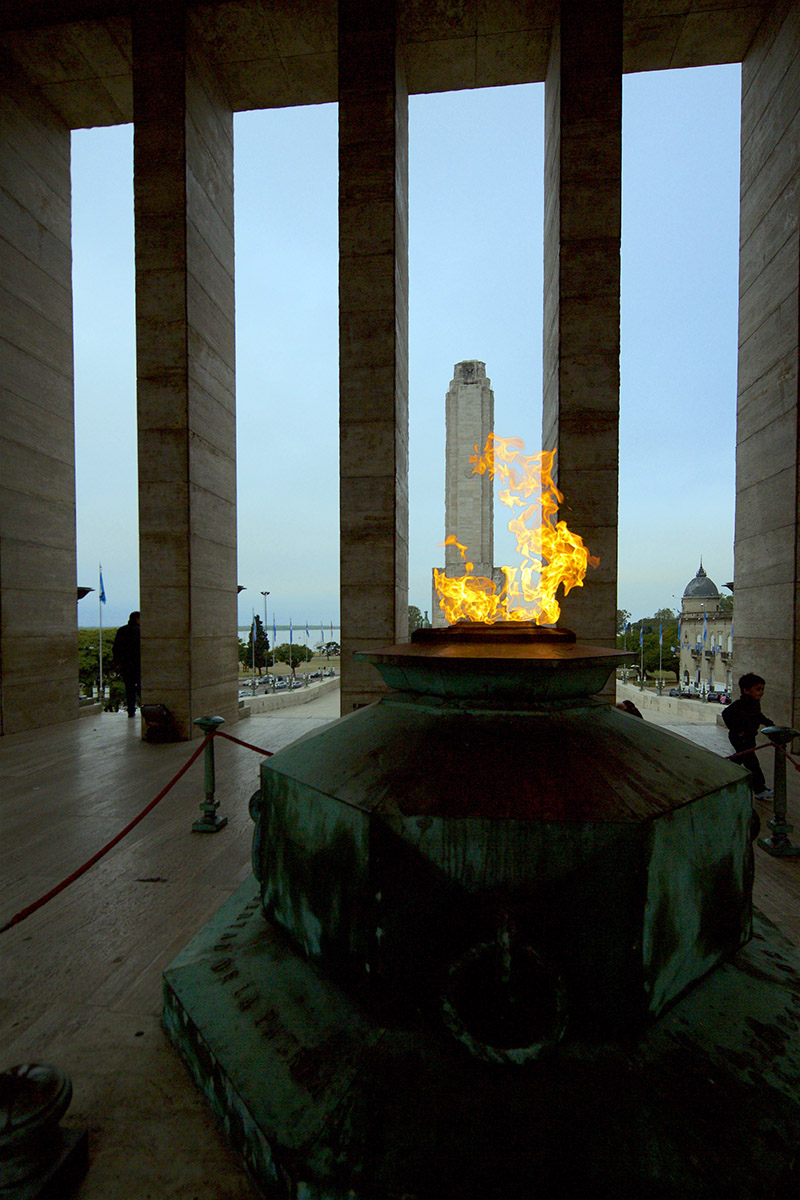
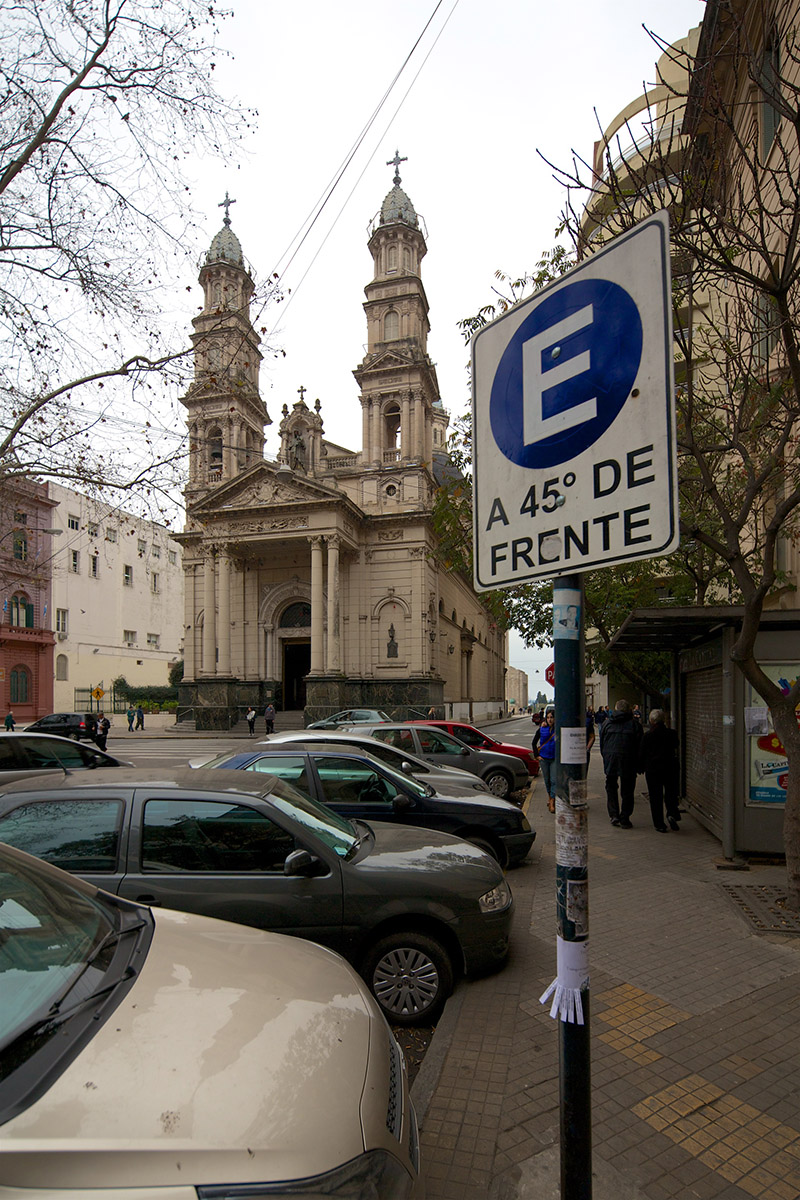

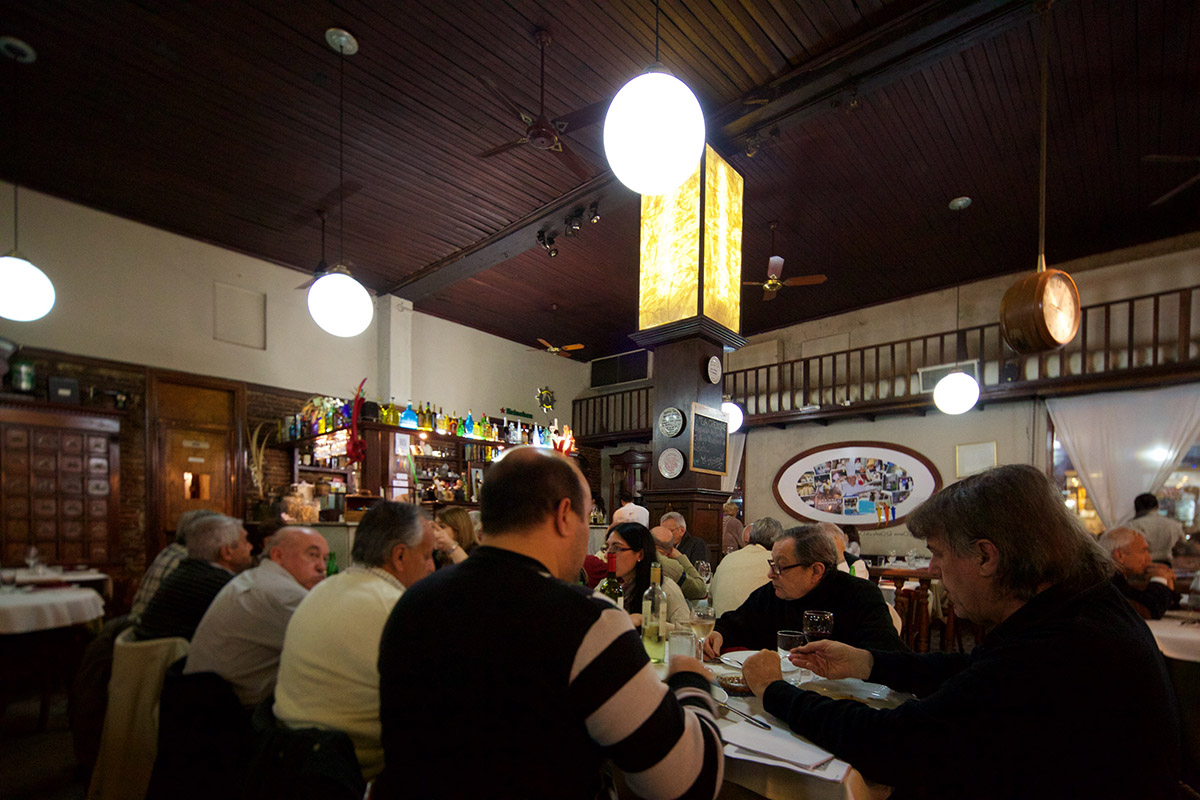

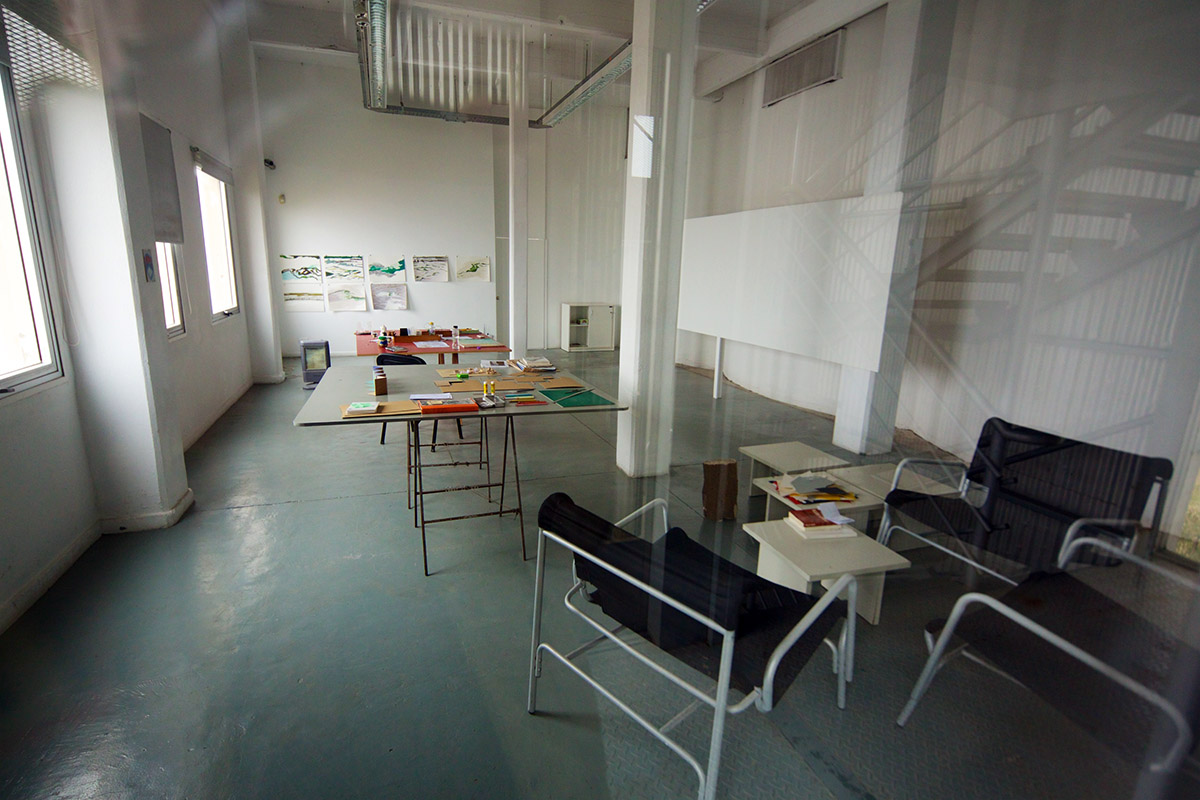
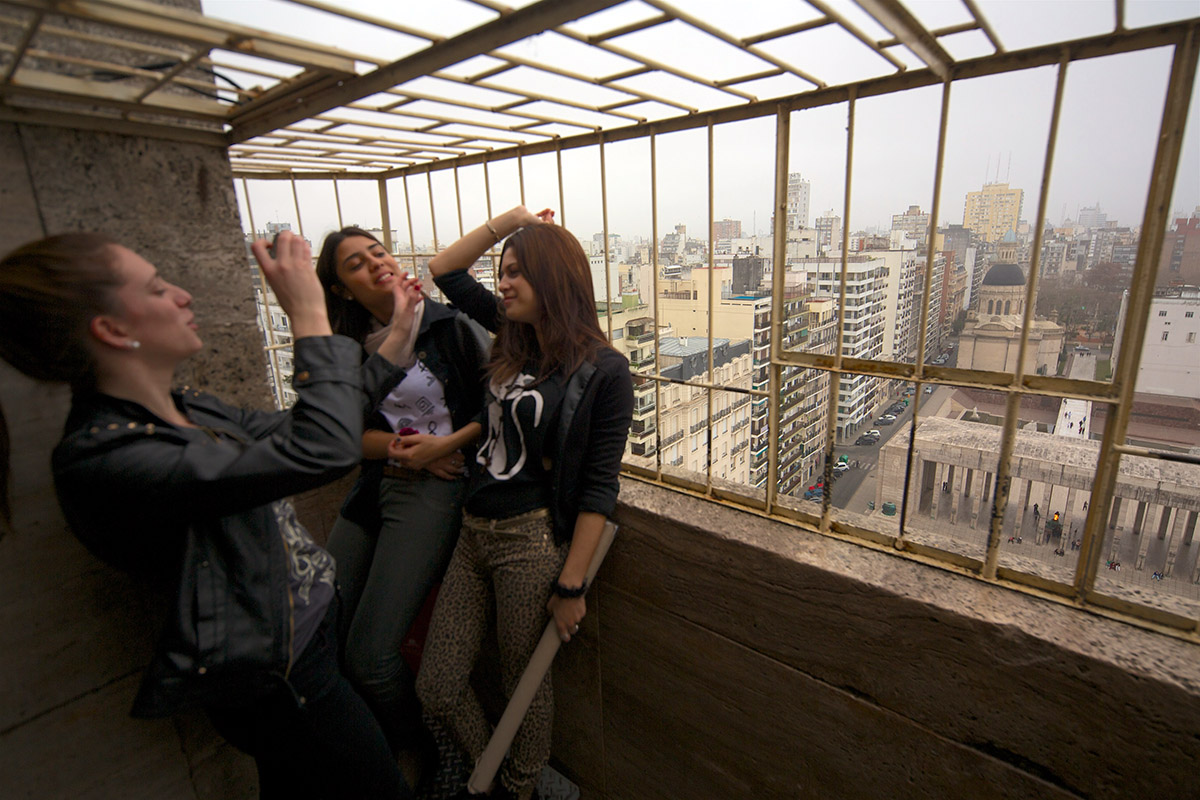
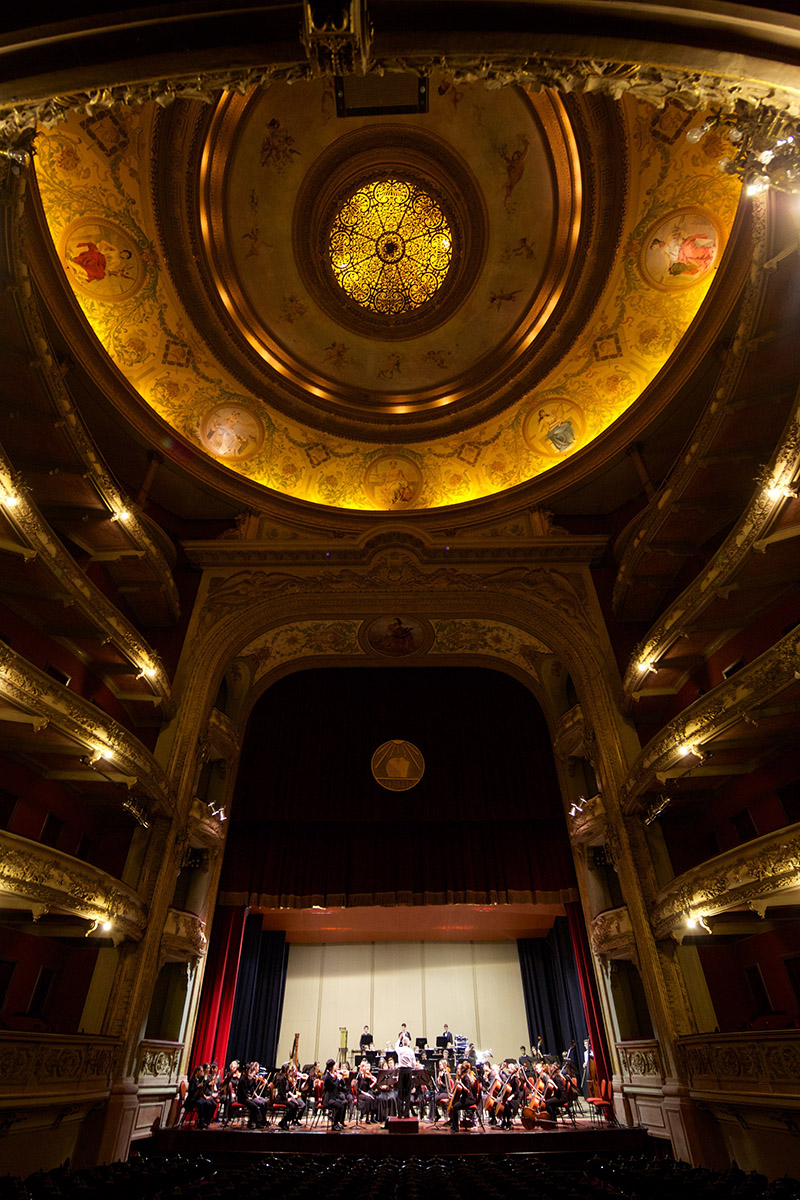
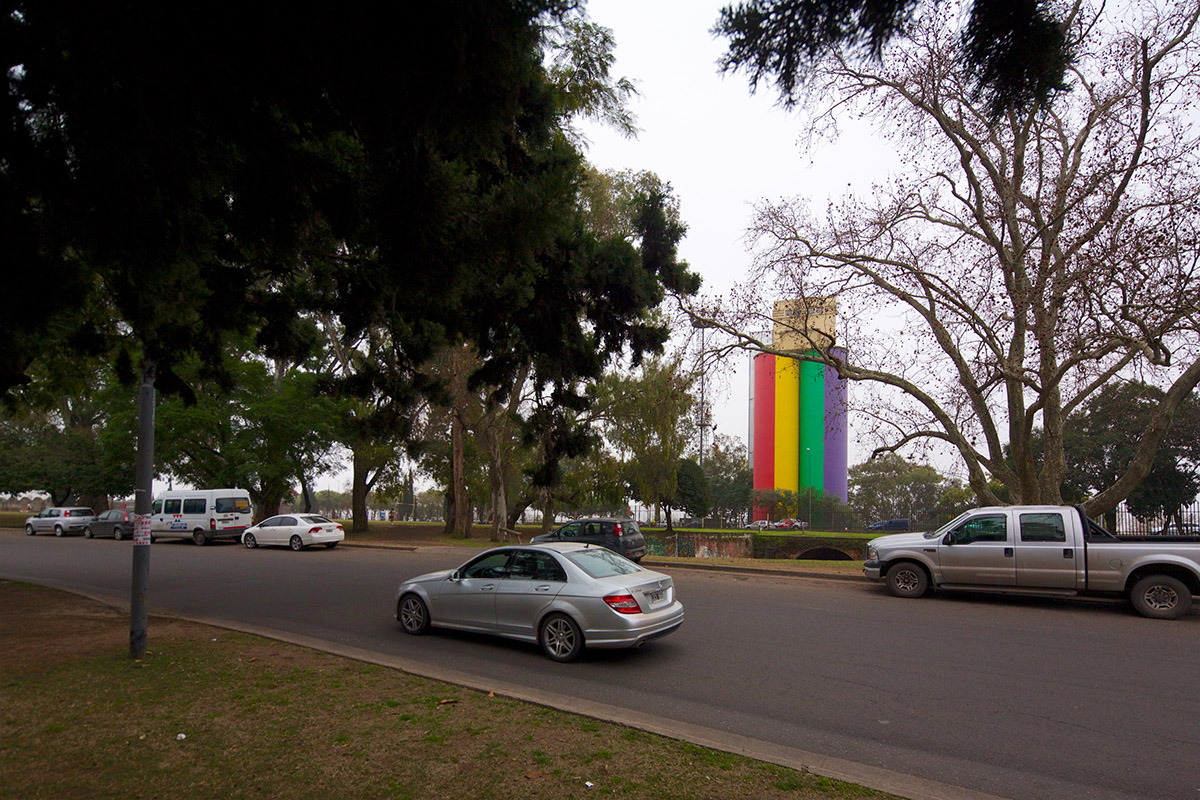
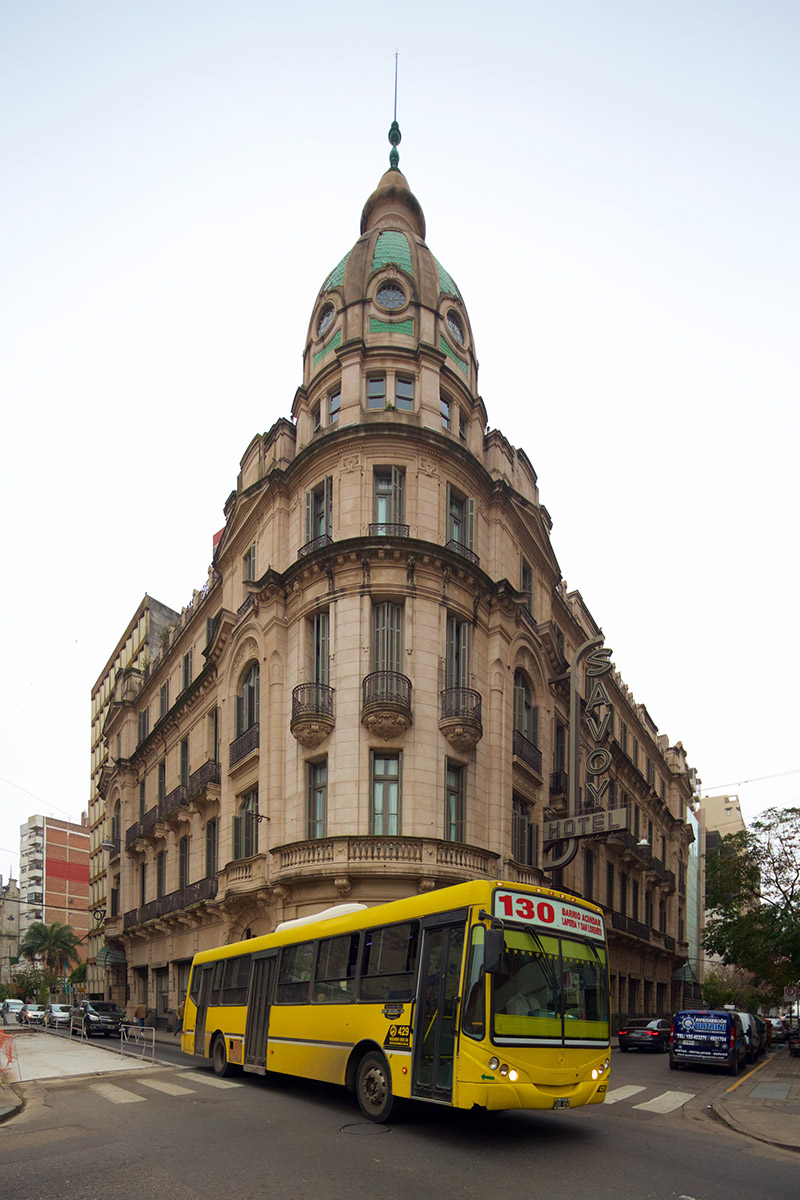
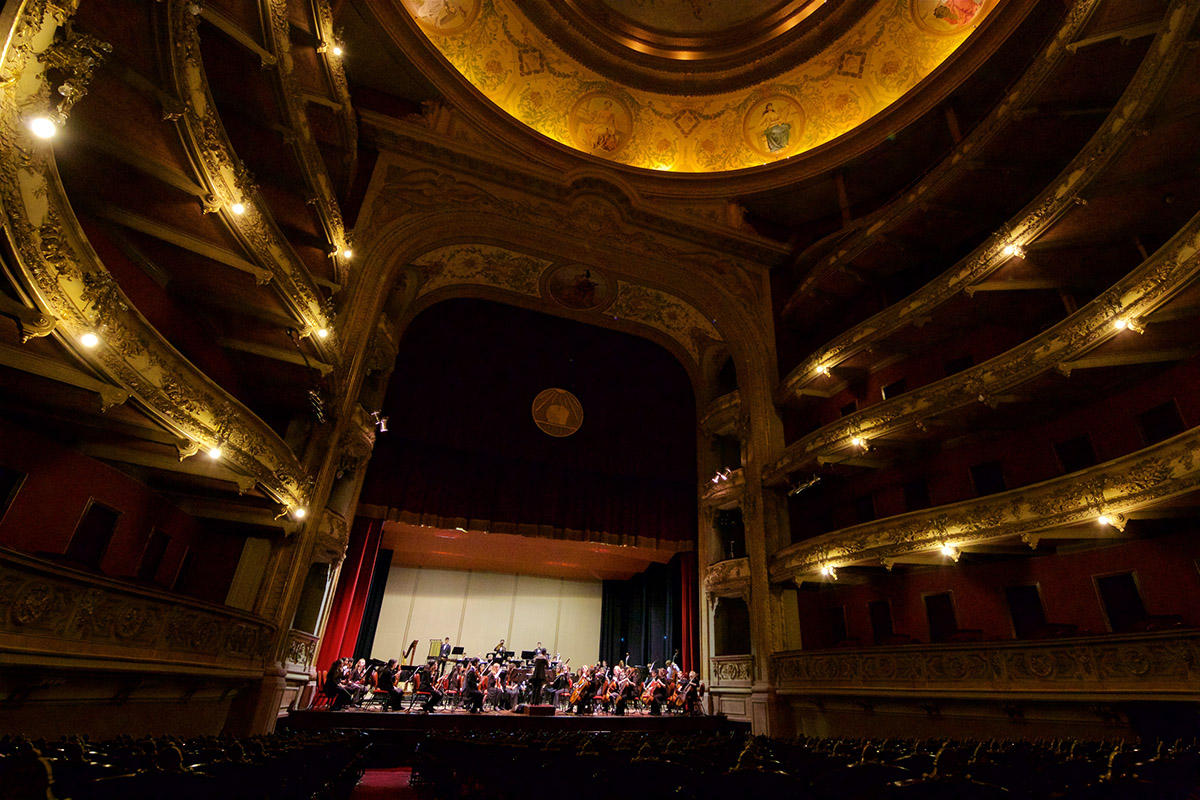
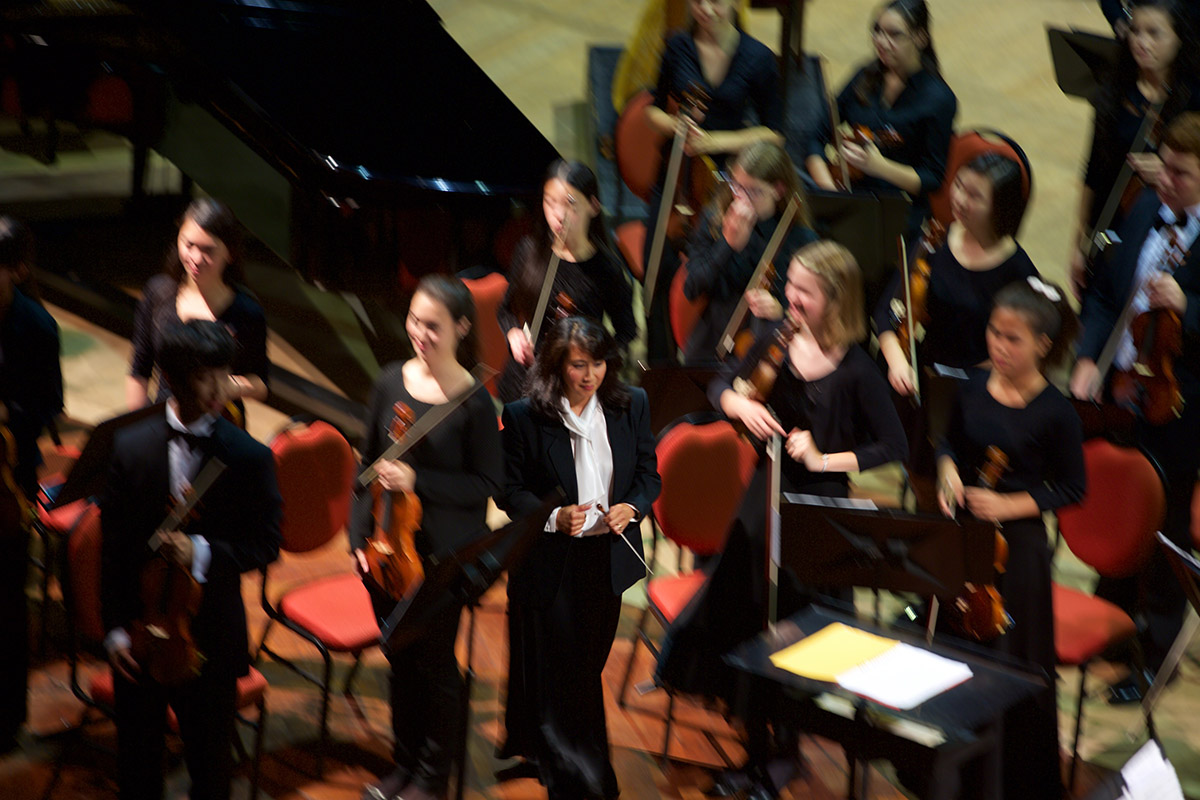
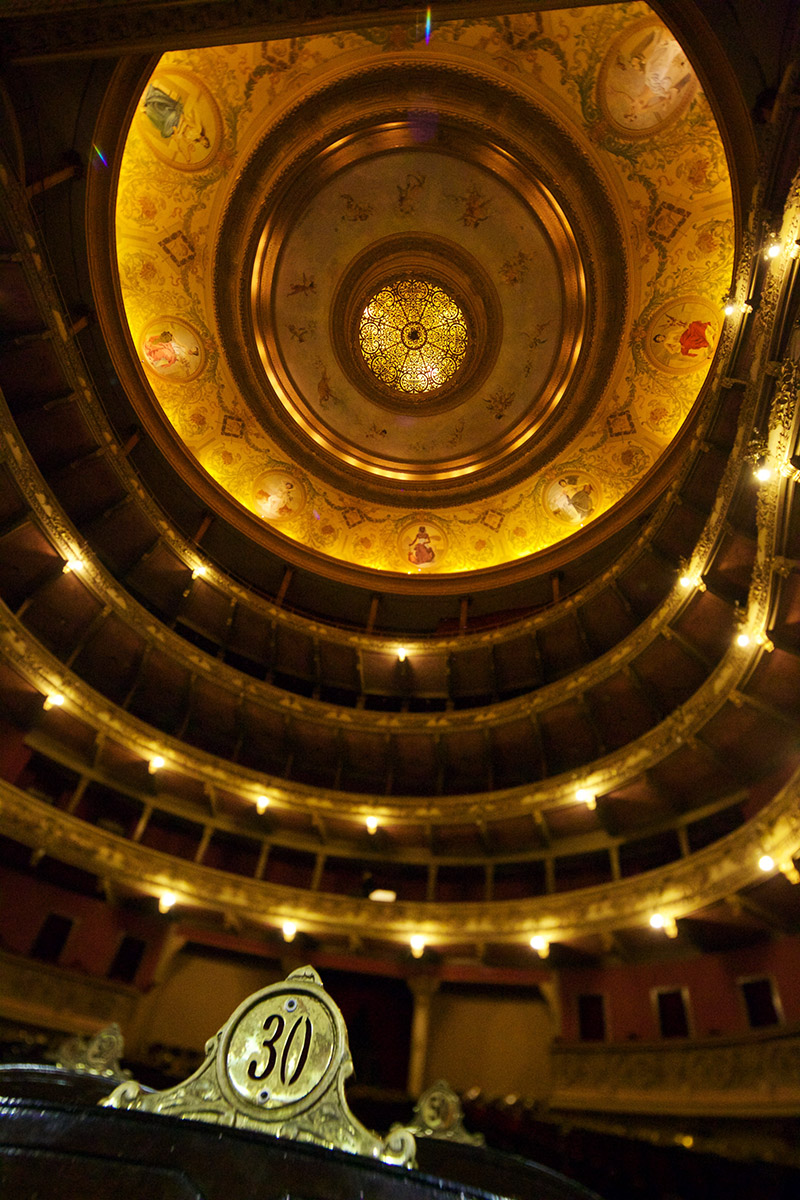
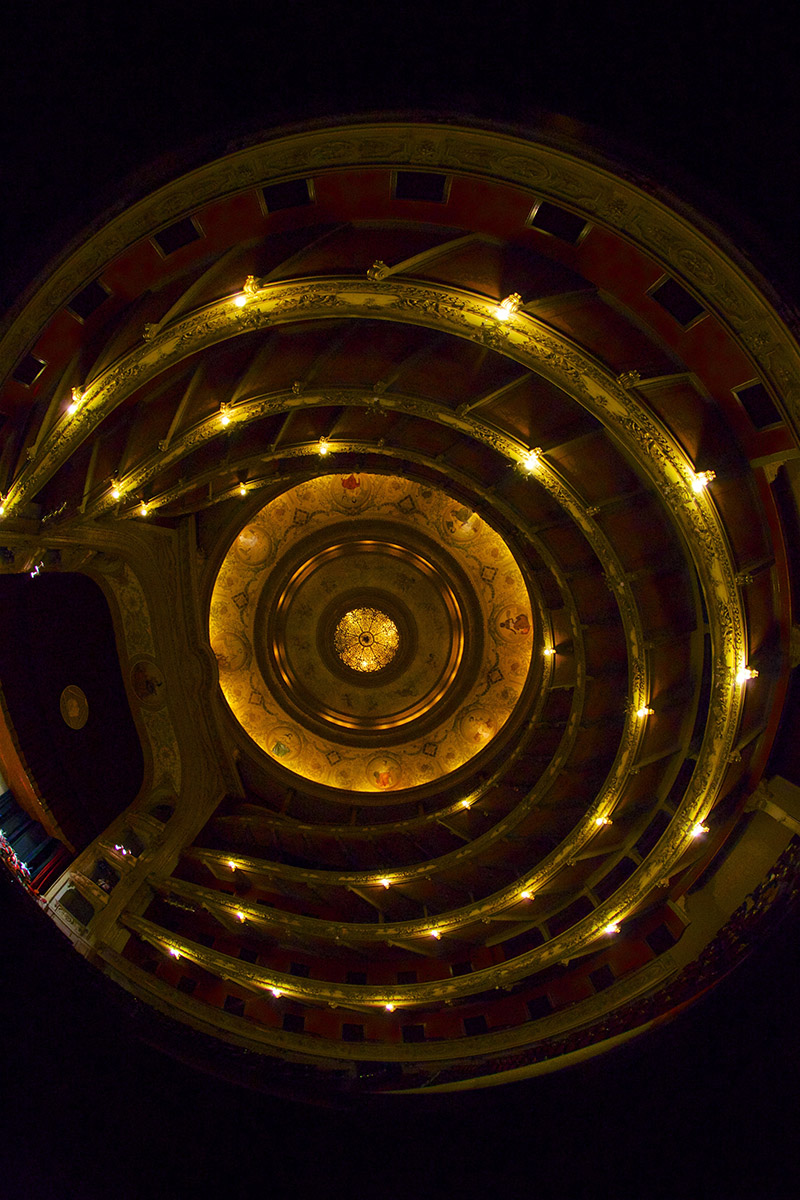
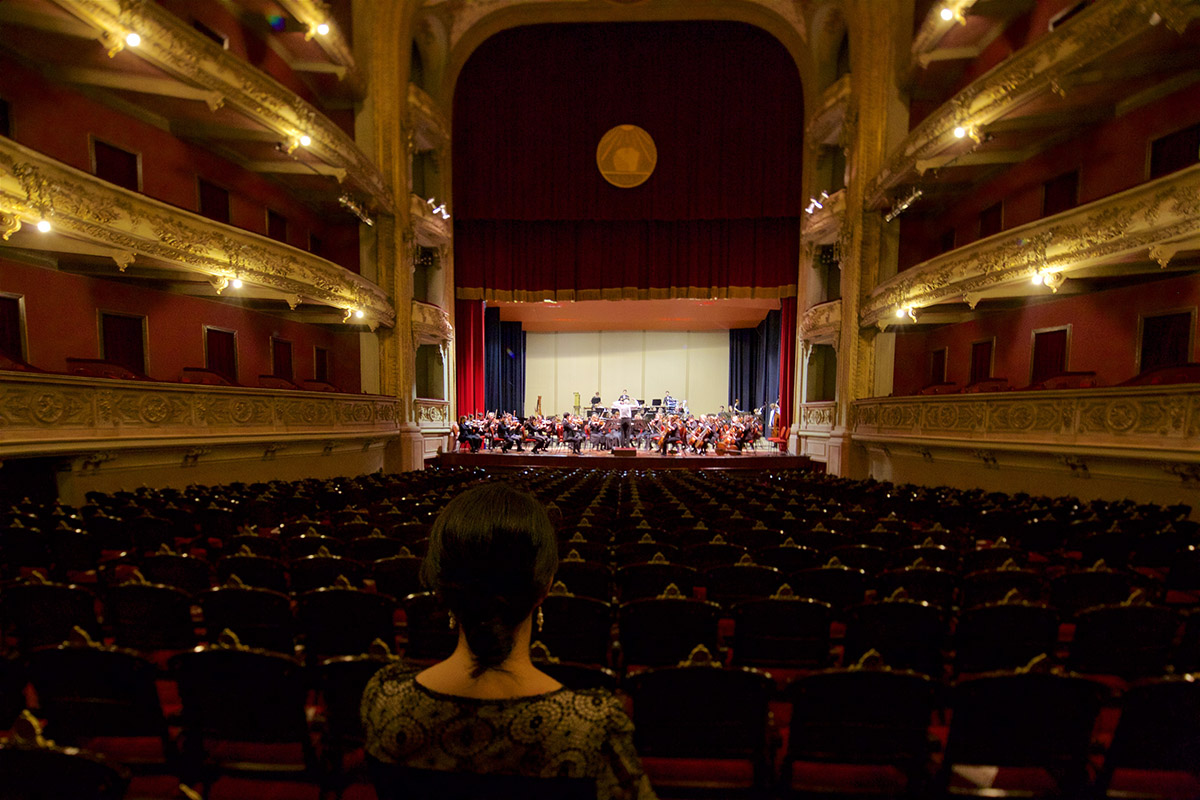
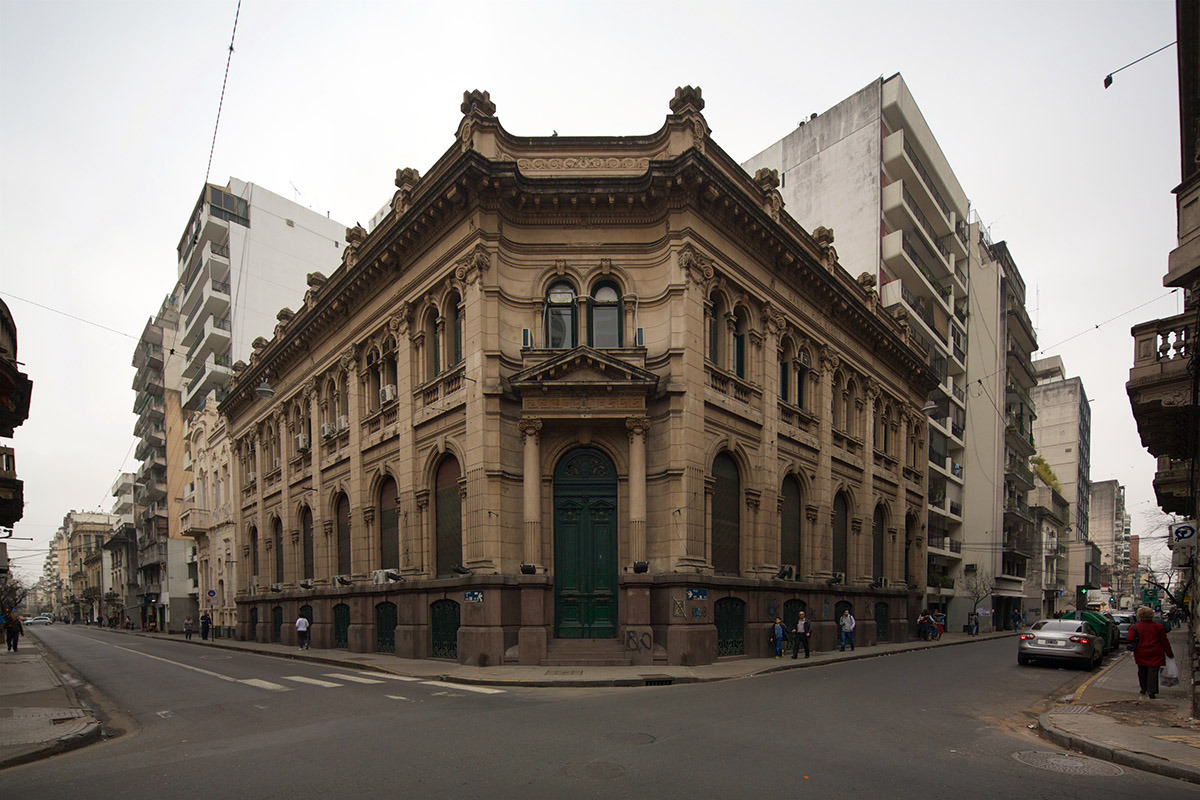
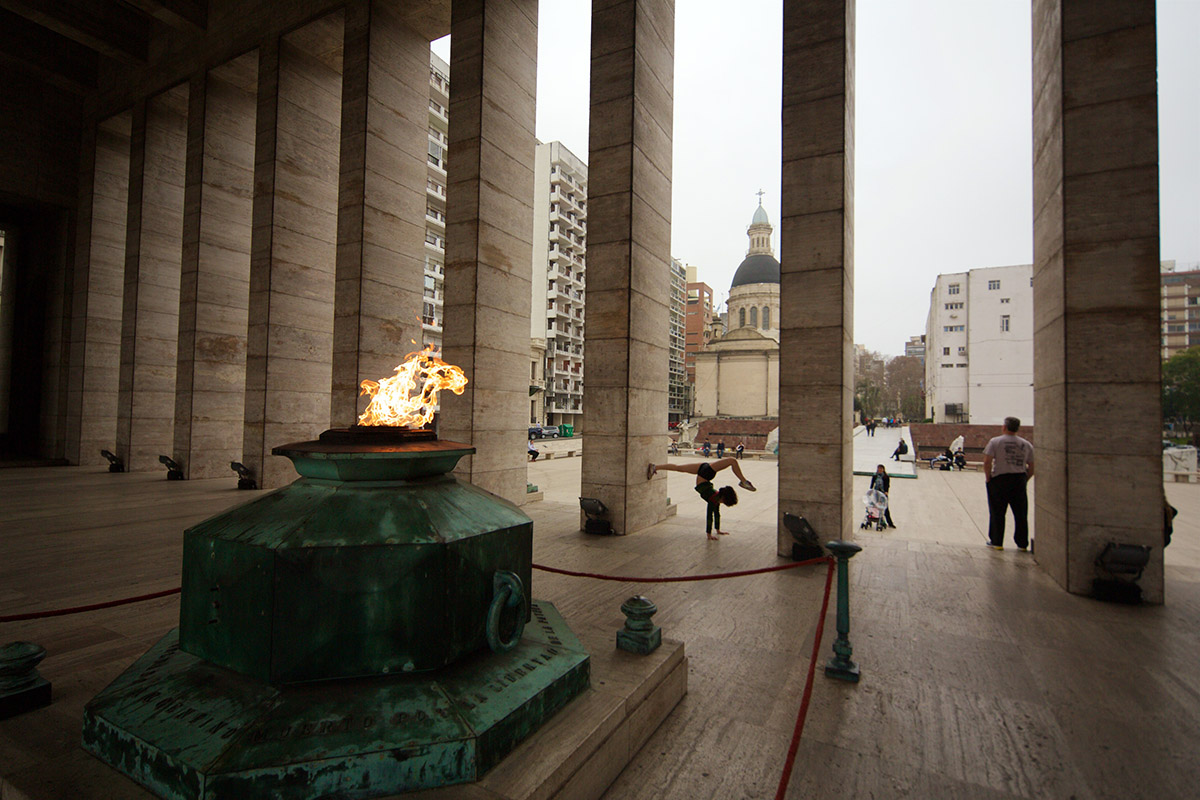
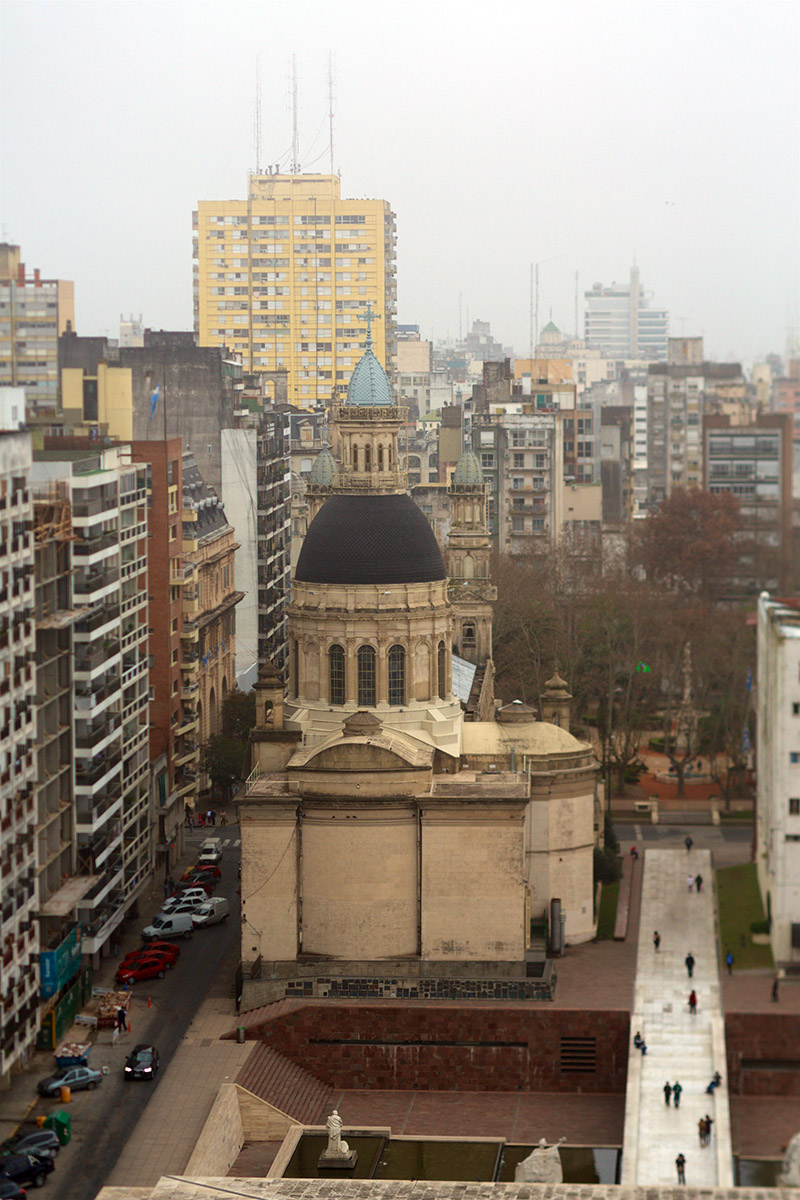
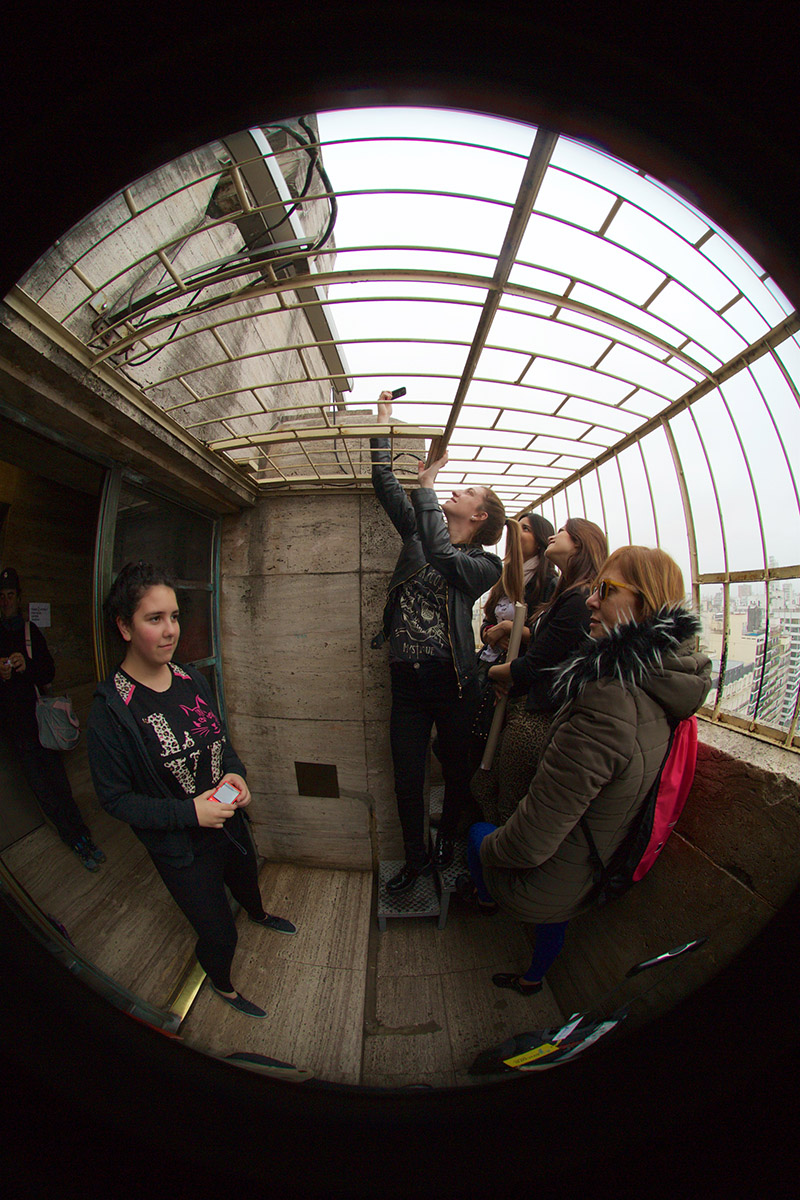
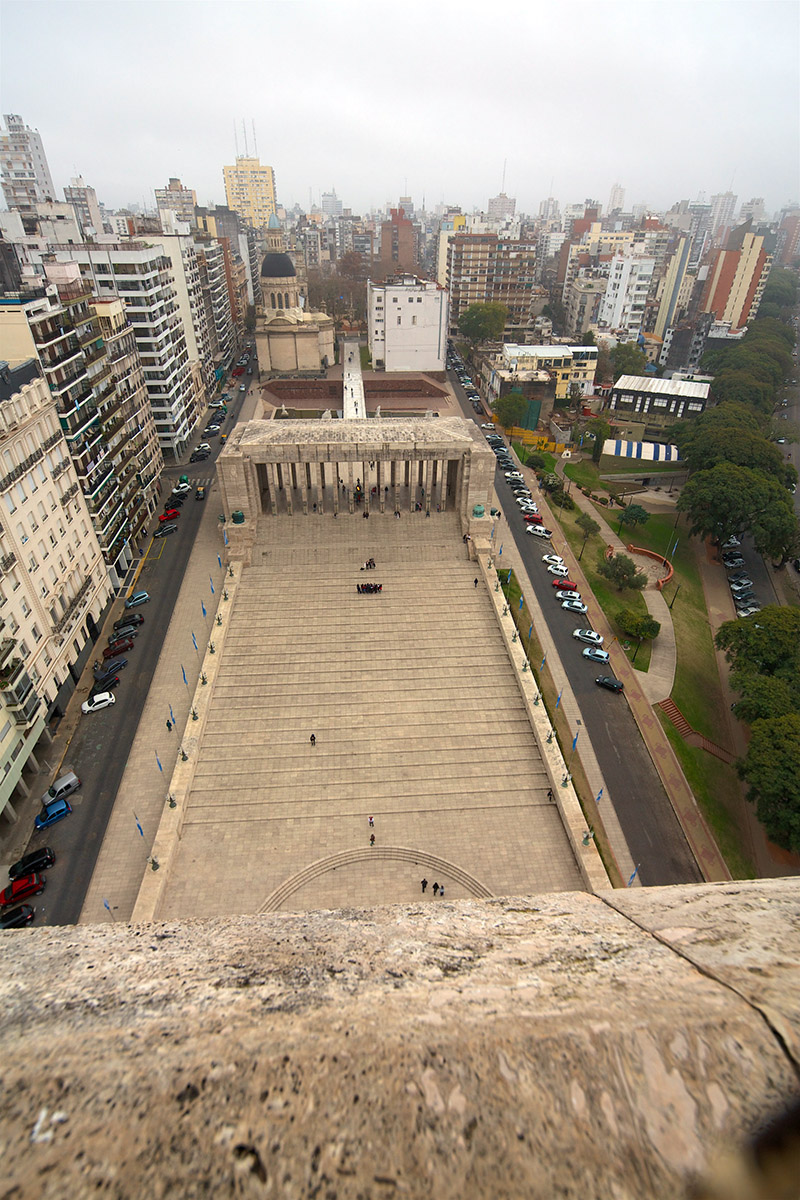
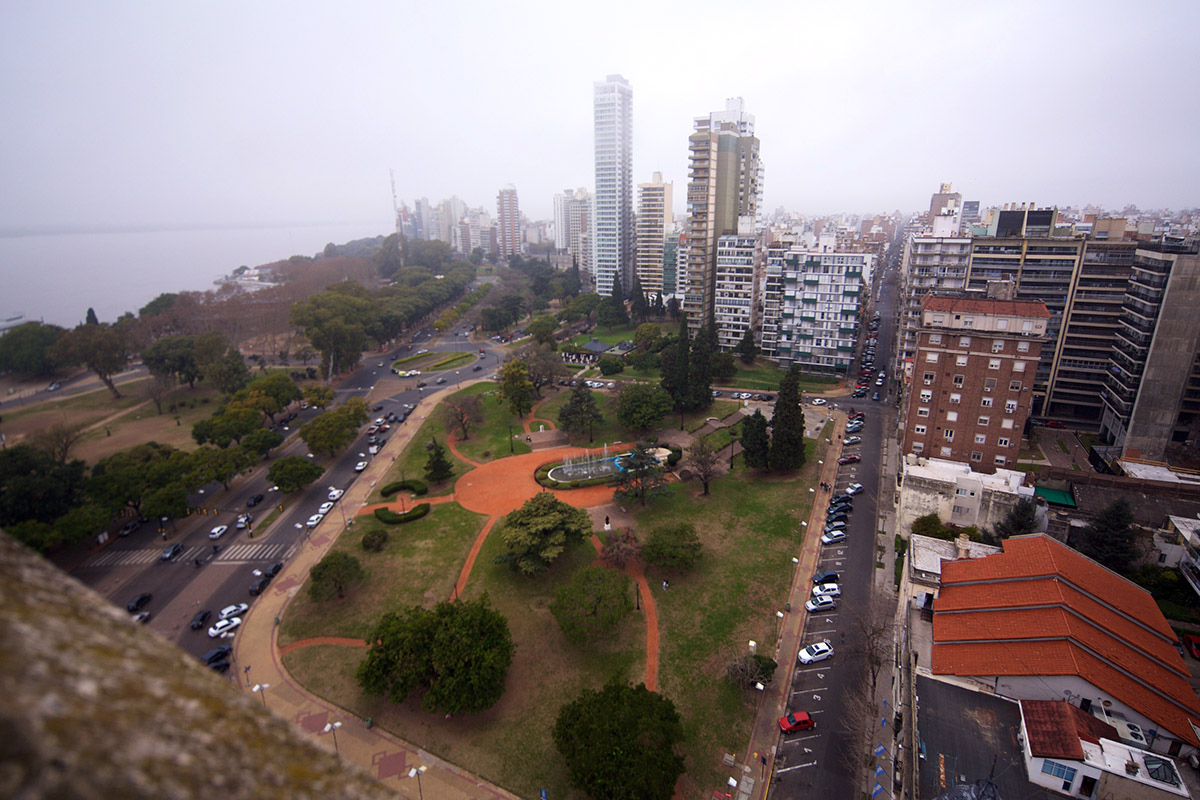
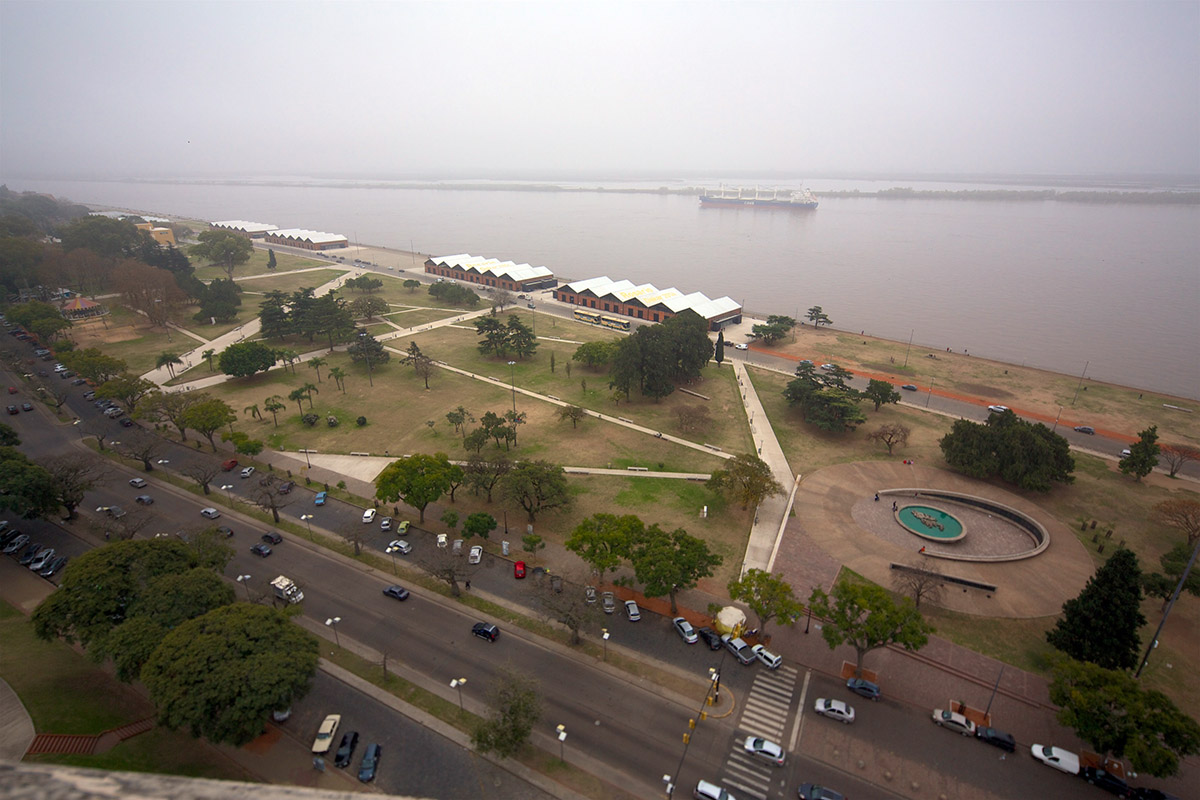
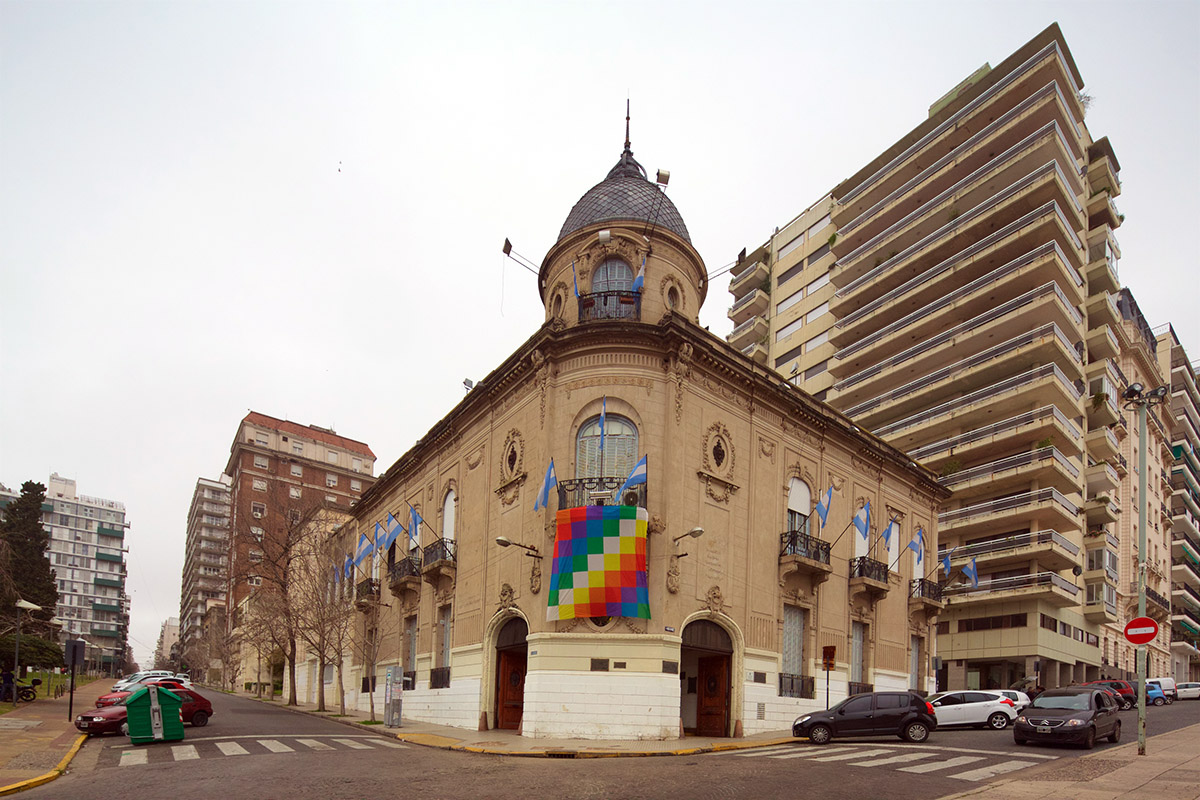
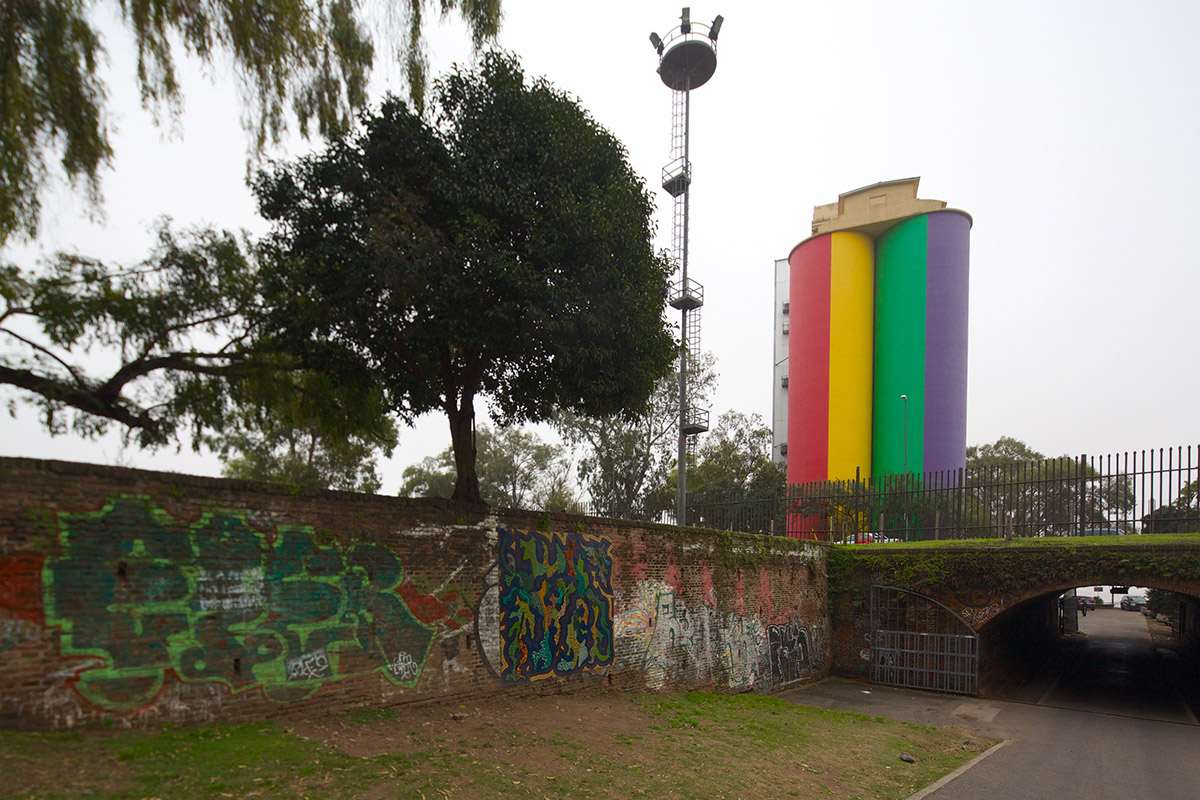
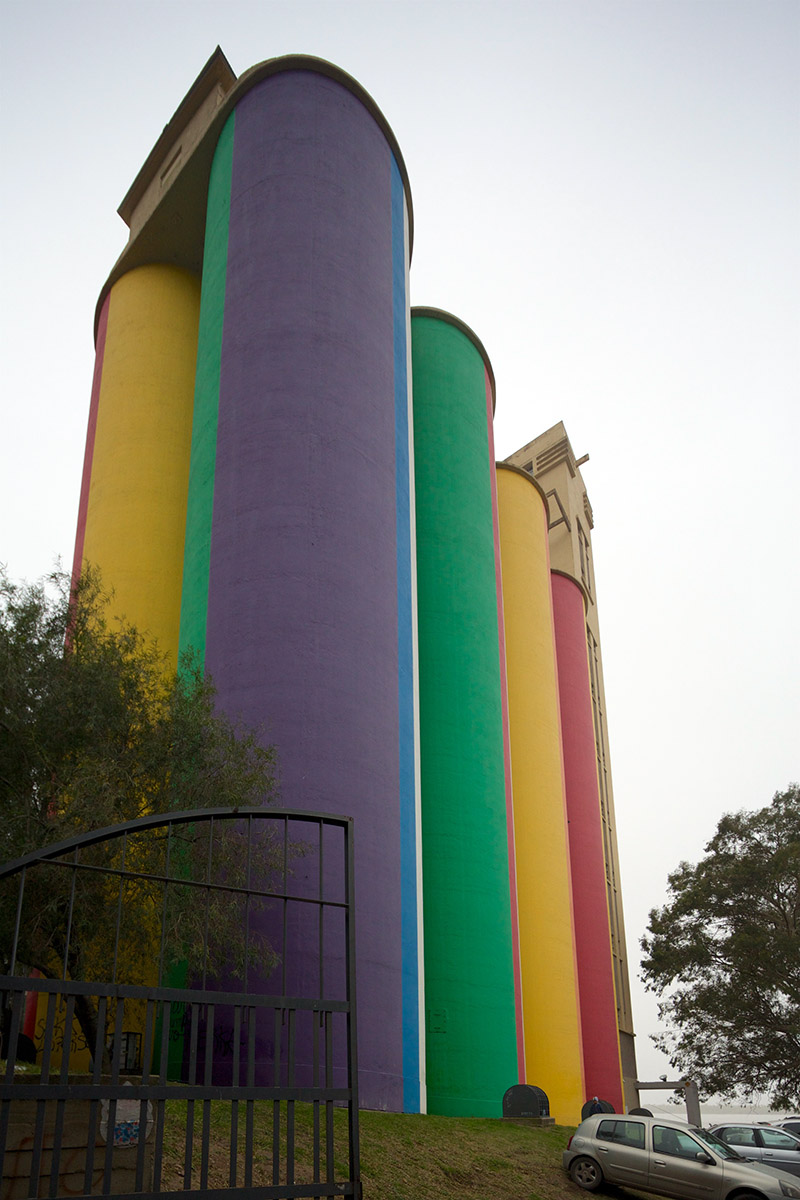

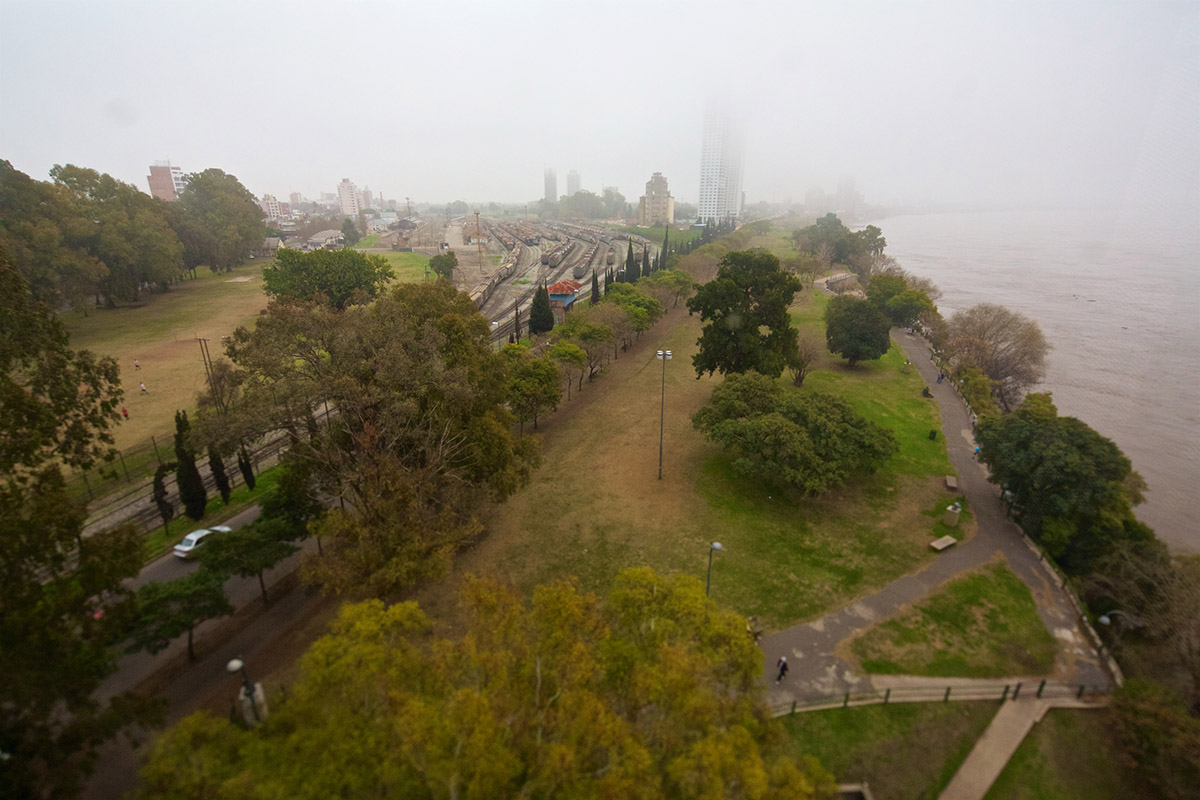
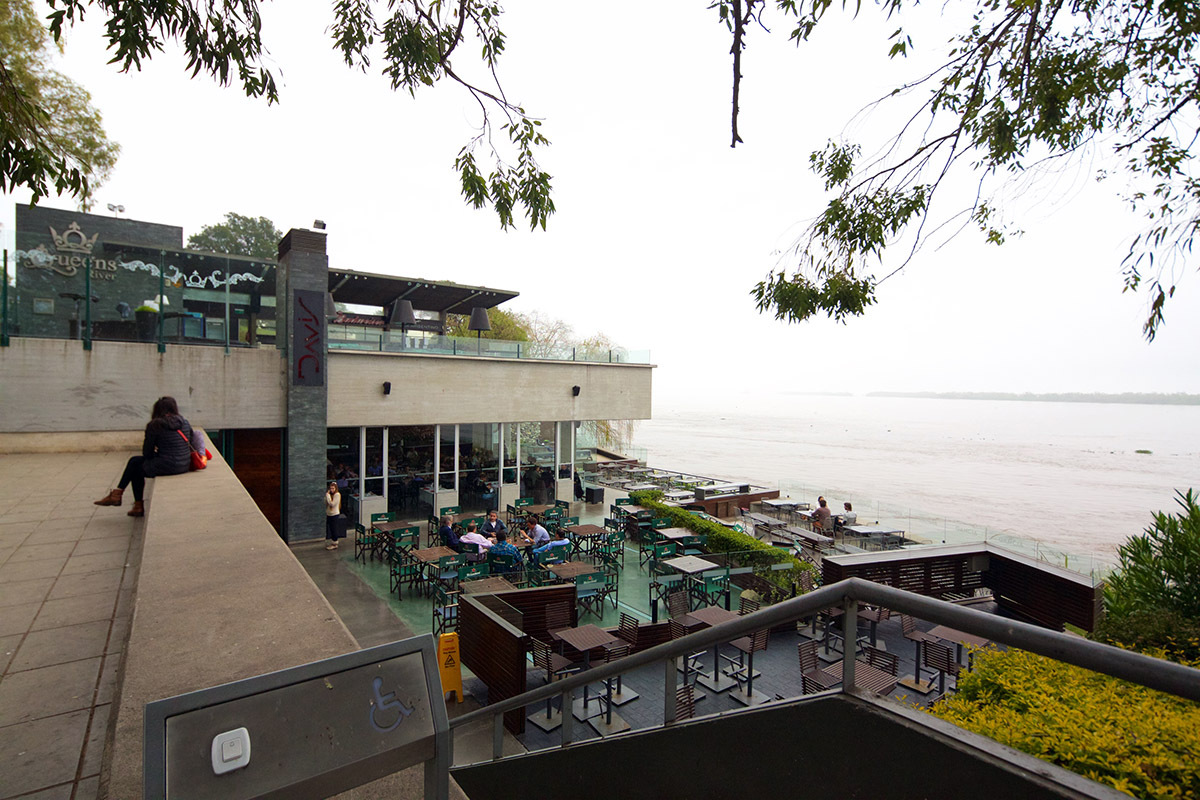
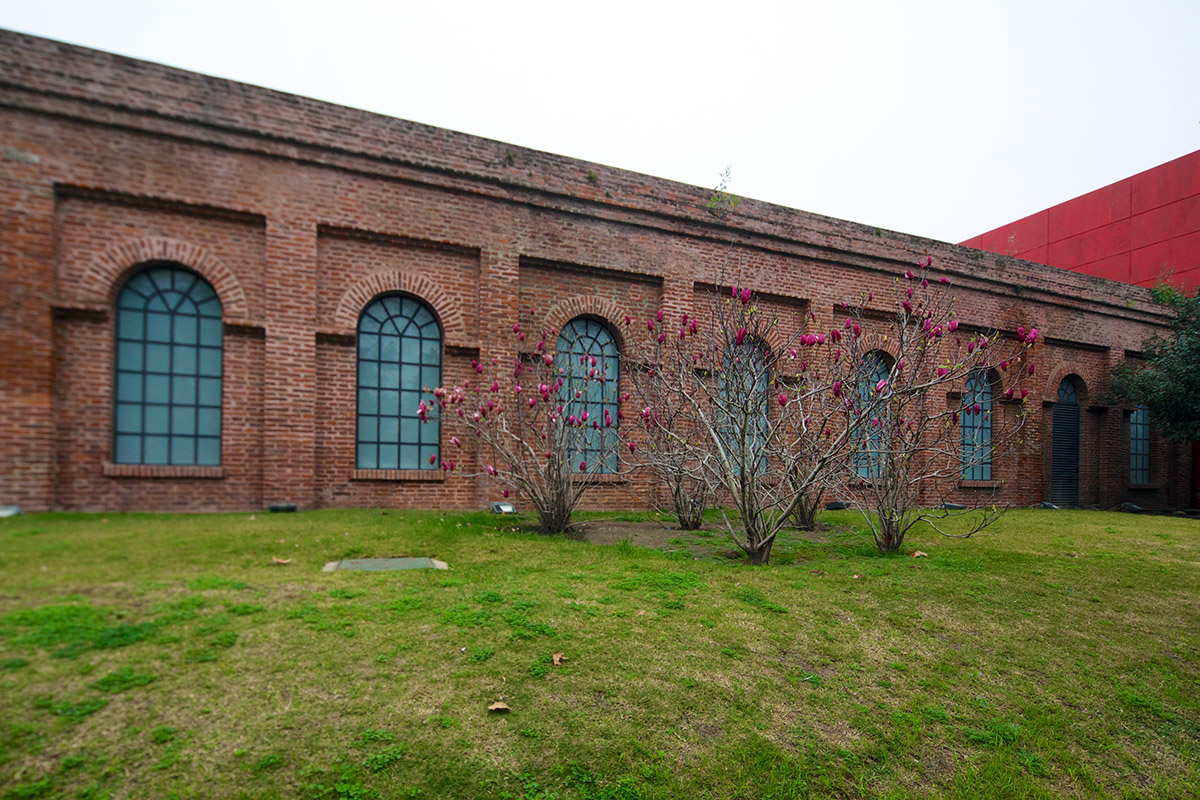
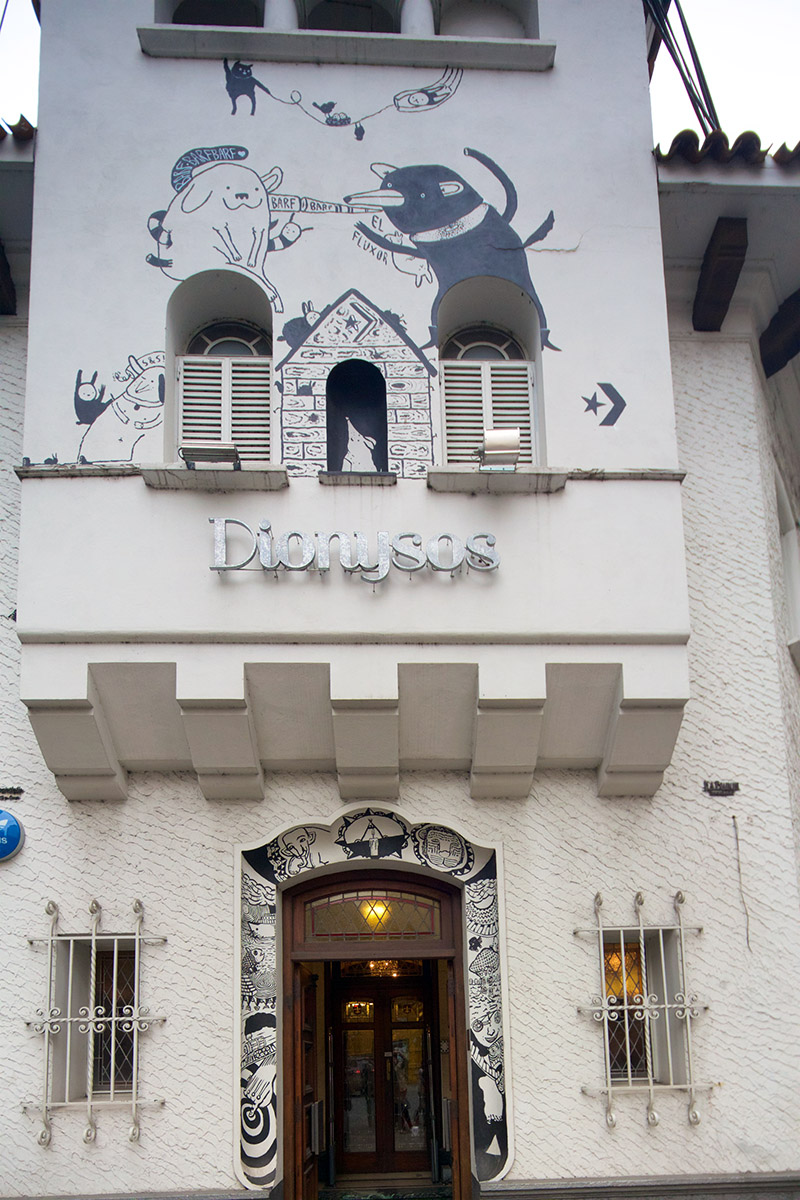
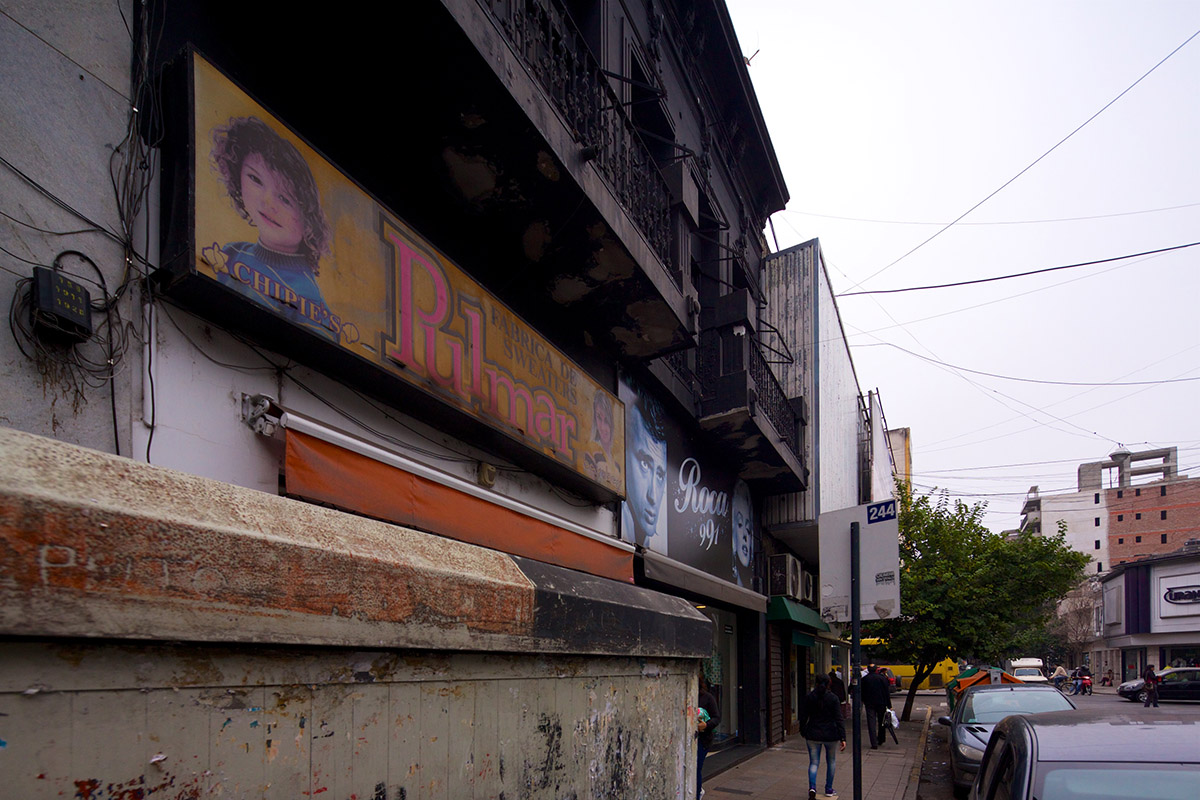
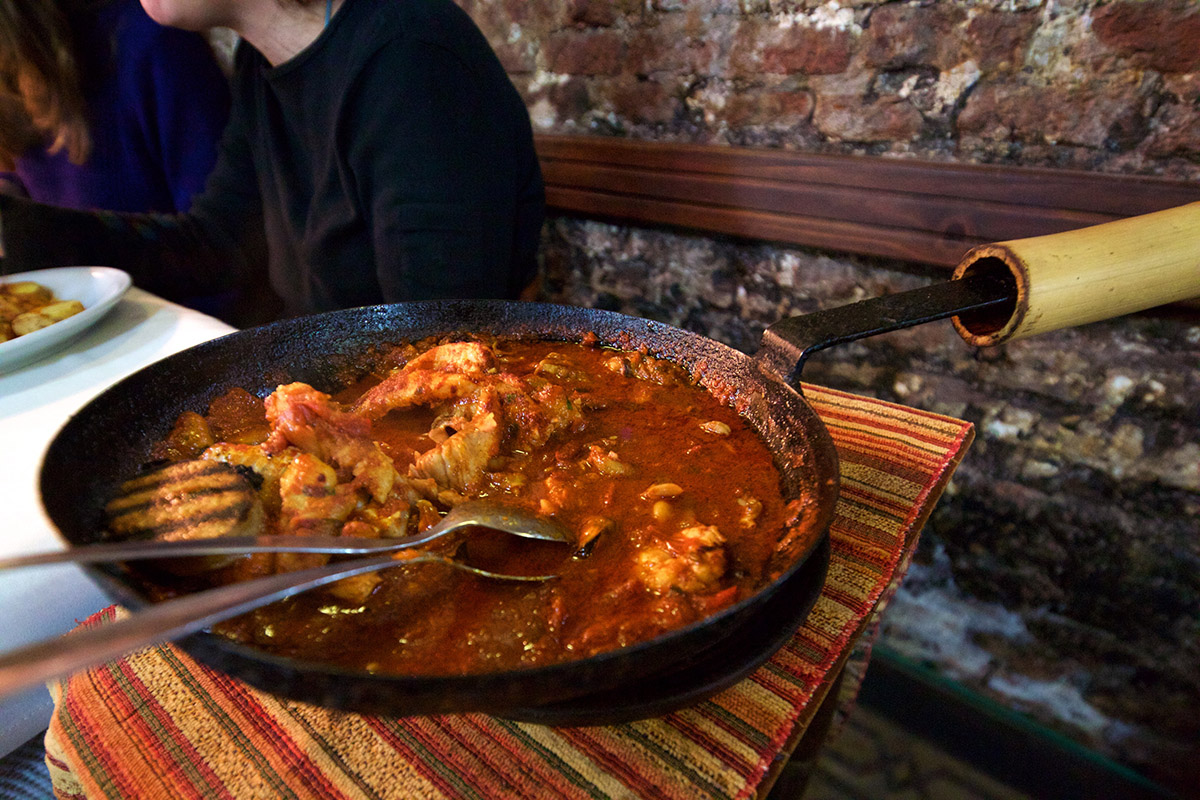
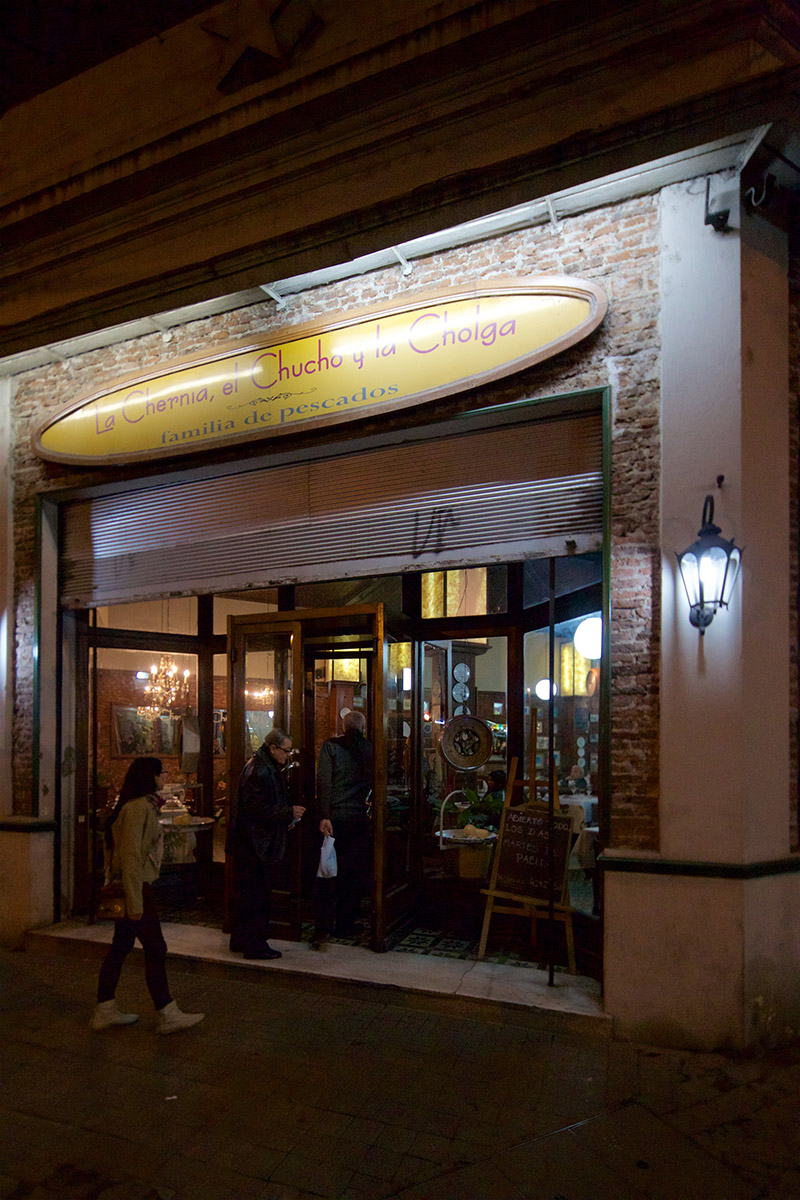
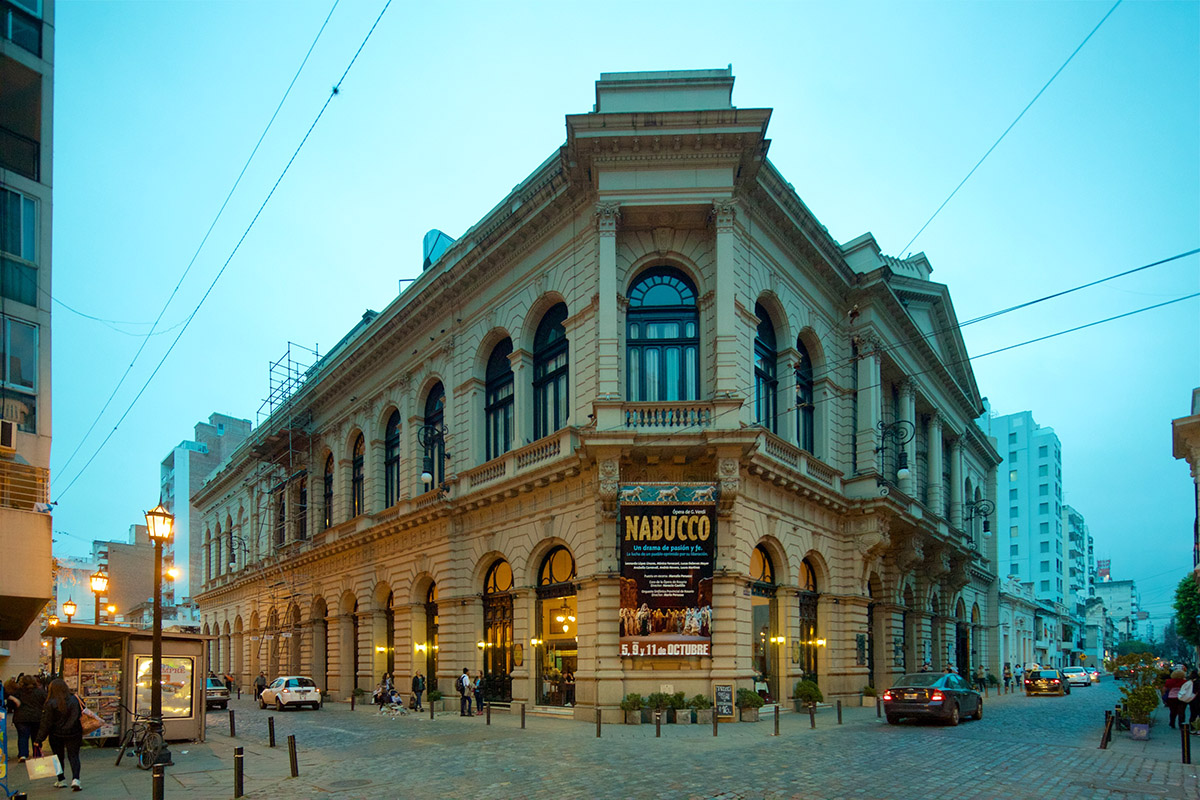
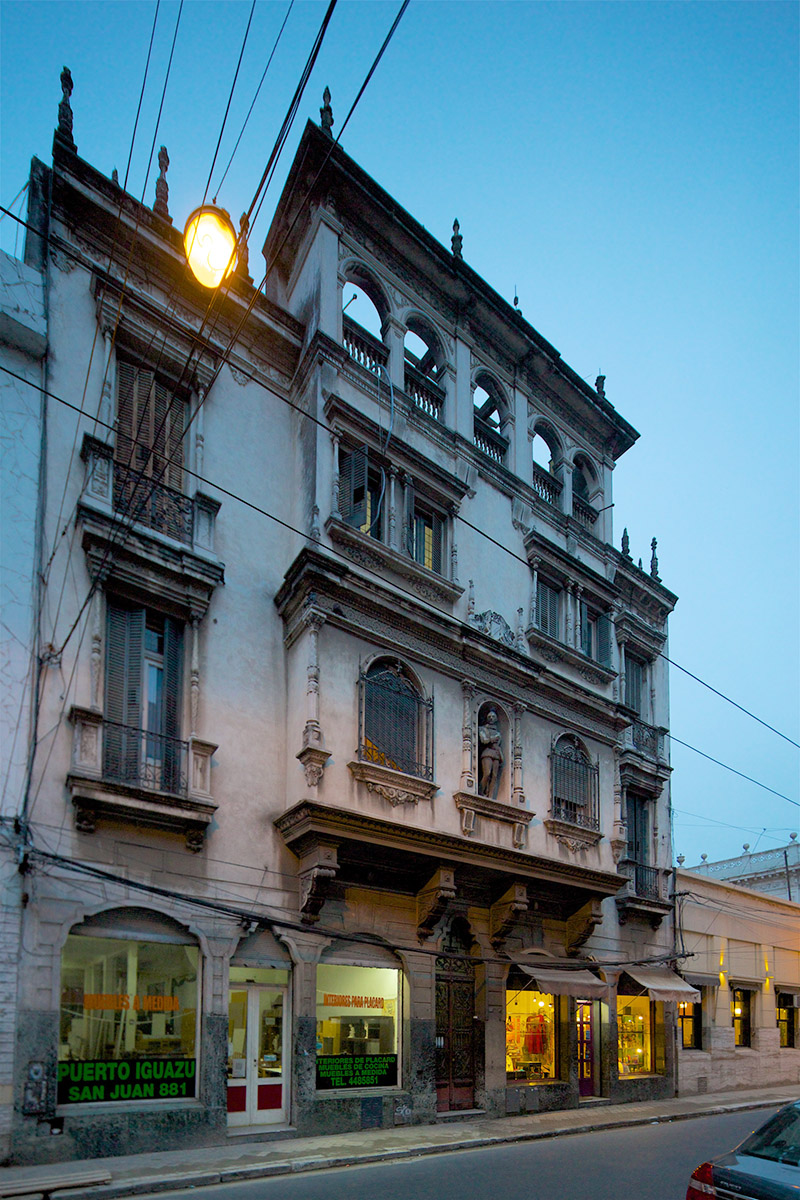
Berlin’s Brandenburg Gate: Evening View
Transforming Reno


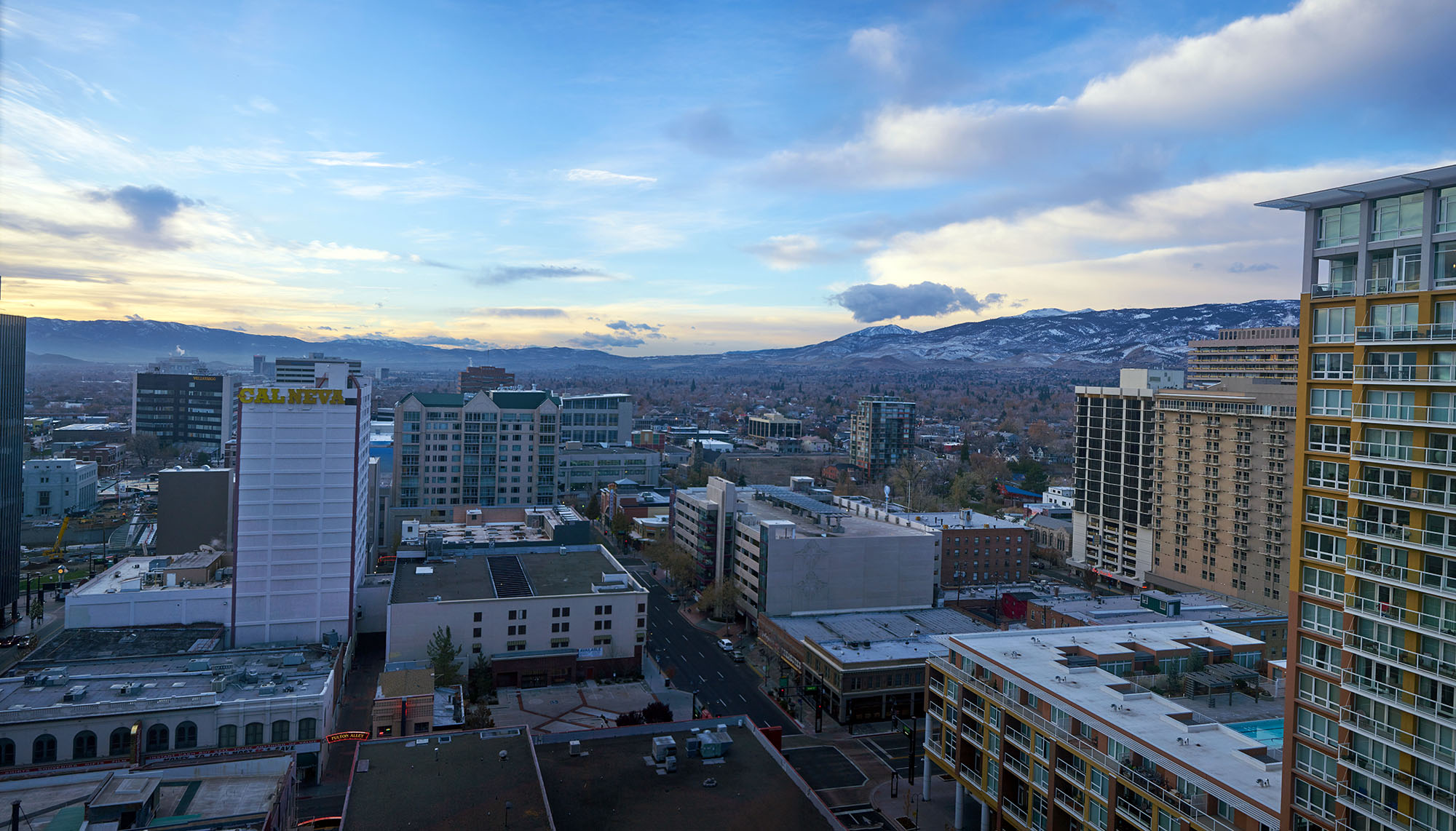
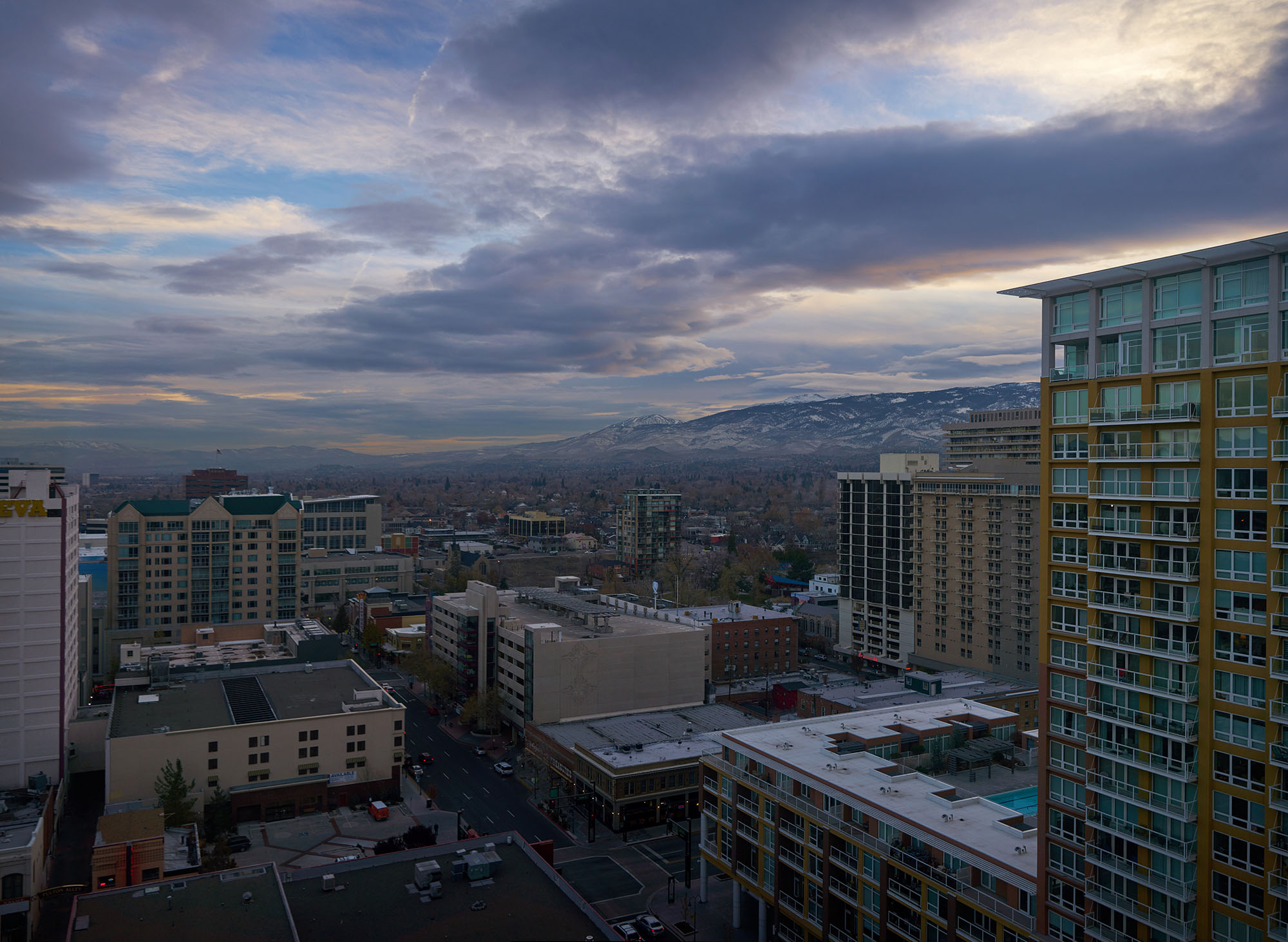
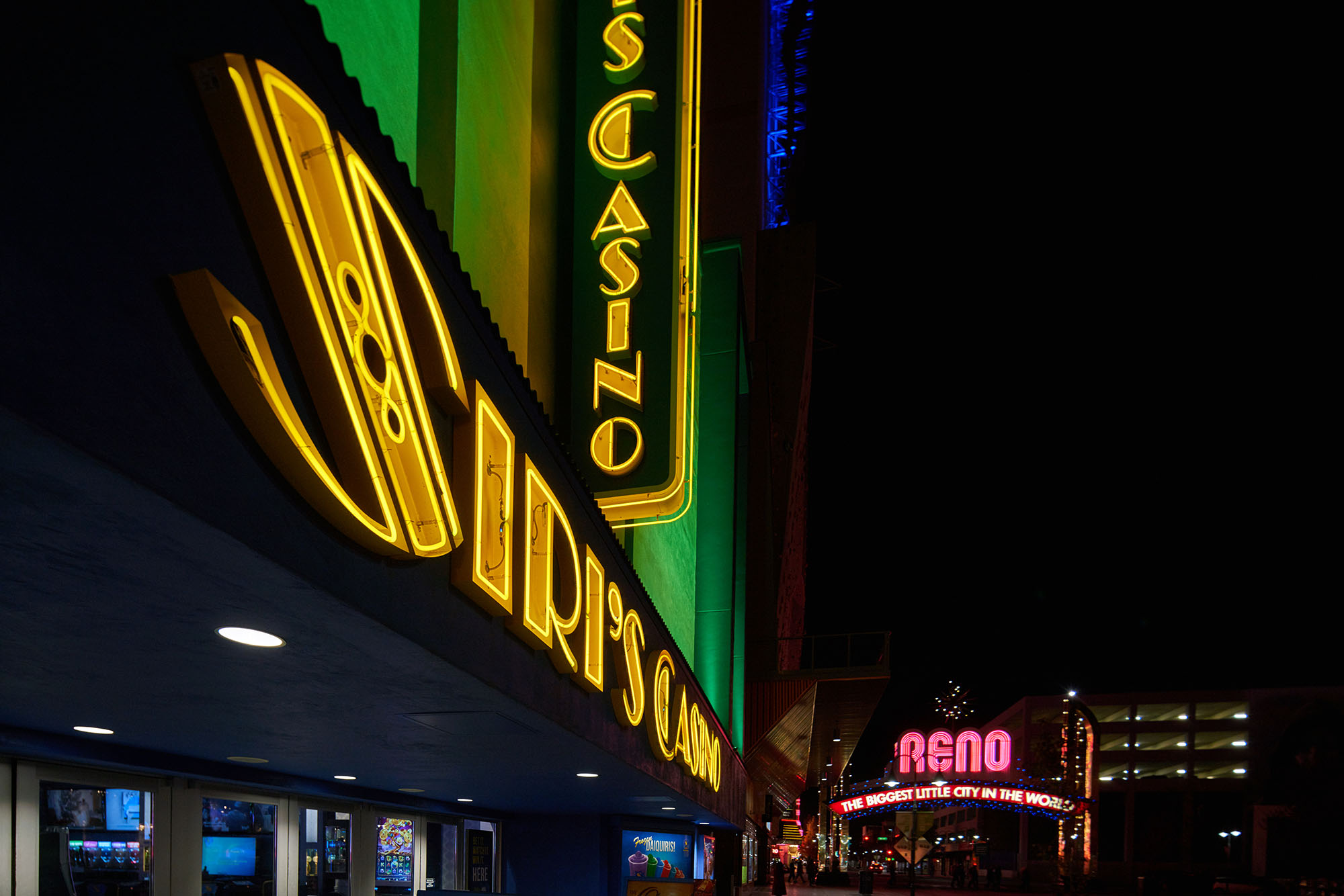
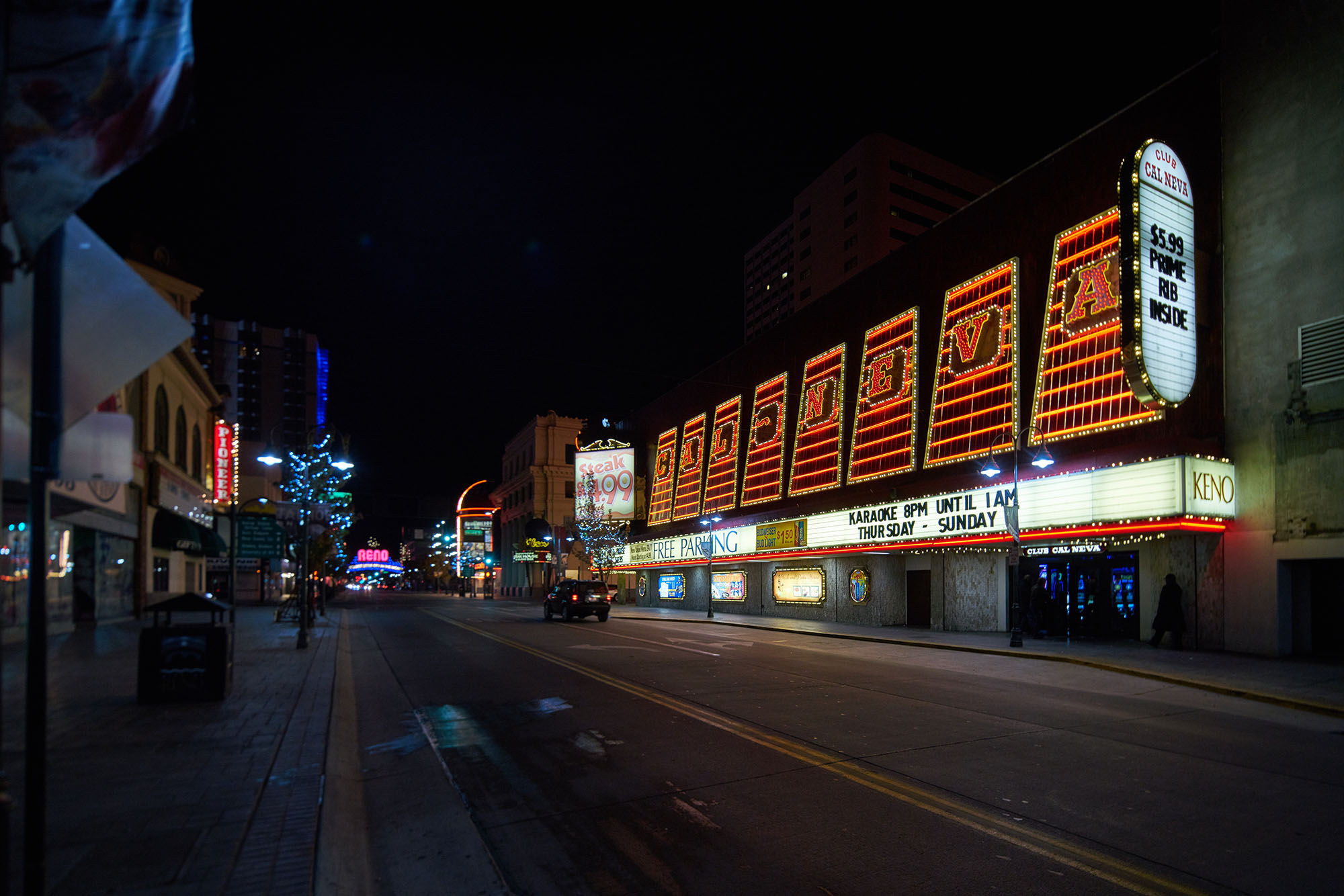
Morning Light: Tiburon
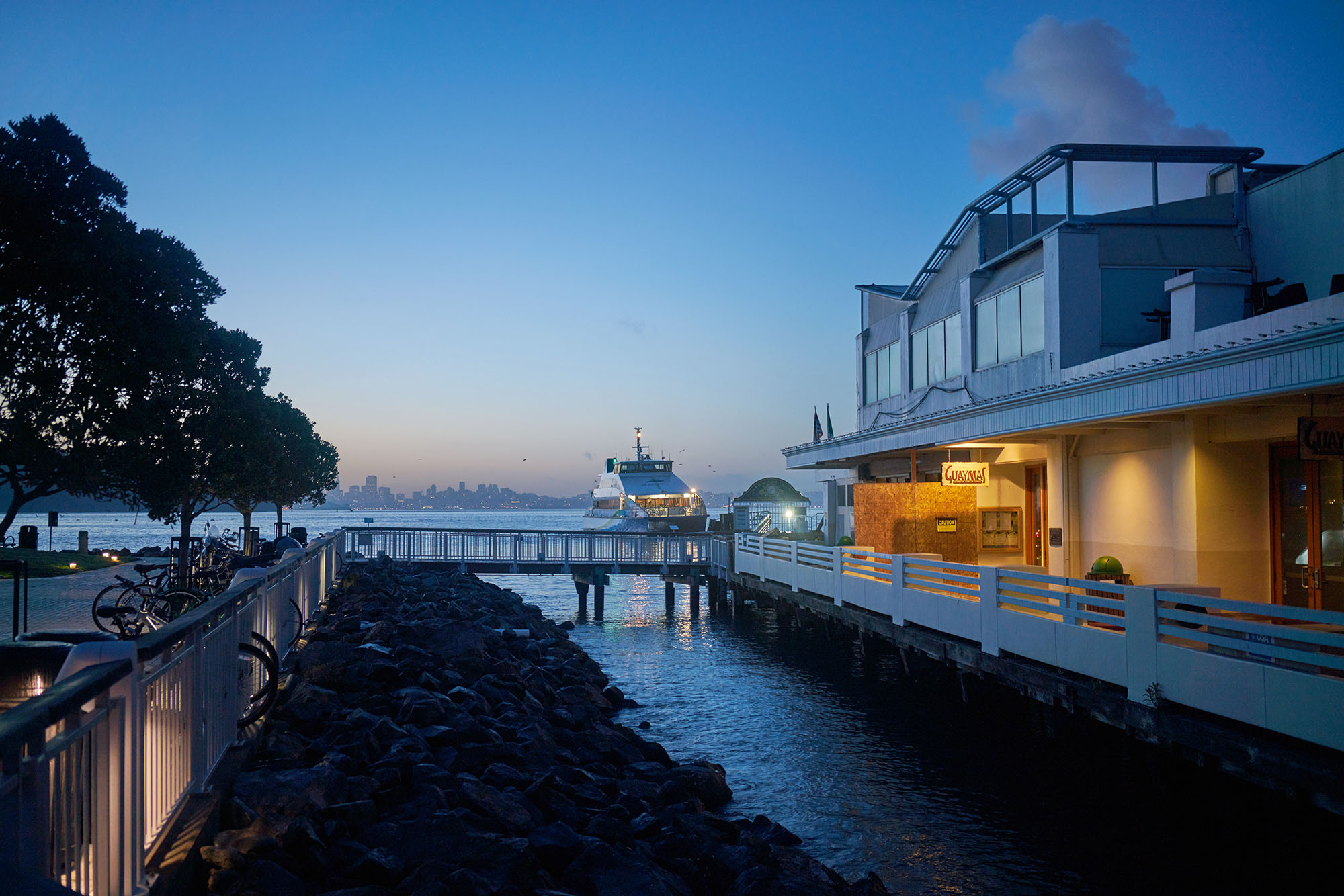


A glorious sunrise.
Can we predict which jobs will be replaced by robots?
We’re used to thinking that the jobs that are most likely to be taken over by automation are low-skilled ones: clerks, lowly paper pushers, assembly line workers. In contrast, those on the very high end of the wage scale — doctors, CEOs and hedge fund managers — seem like they will be comfortably insulated from the robot revolution.
But new research from McKinsey & Company, a consultancy, shows that that isn’t quite right. While there is a connection between a job’s skill level and the likelihood it will be automated, there are a lot of jobs that don’t fit that pattern. One example: CEOs, whose jobs will be more affected by automation than landscapers, the researchers say.
The researchers argue that the way we usually talk about robots displacing workers is misleading. We typically try to identify the jobs that will disappear because of automation. In the near term, however, very few occupations will be automated away entirely. McKinsey estimates that, with the technology available today, fewer than 5 percent of occupations could be entirely turned over to robots.
The bottom line is that 45 percent of work activities could be automated using already demonstrated technology. If the technologies that process and “understand” natural language were to reach the median level of human performance, an additional 13 percent of work activities in the US economy could be automated. The magnitude of automation potential reflects the speed with which advances in artificial intelligence and its variants, such as machine learning, are challenging our assumptions about what is automatable. It’s no longer the case that only routine, codifiable activities are candidates for automation and that activities requiring “tacit” knowledge or experience that is difficult to translate into task specifications are immune to automation.
In many cases, automation technology can already match, or even exceed, the median level of human performance required. For instance, Narrative Science’s artificial-intelligence system, Quill, analyzes raw data and generates natural language, writing reports in seconds that readers would assume were written by a human author. Amazon’s fleet of Kiva robots is equipped with automation technologies that plan, navigate, and coordinate among individual robots to fulfill warehouse orders roughly four times faster than the company’s previous system. IBM’s Watson can suggest available treatments for specific ailments, drawing on the body of medical research for those diseases.
How Technology Will Transform Retirement
The available training isn’t just for work skills. There’s also help available online for retirees who want to practice their interview technique. Artificial-intelligence-based coaches will help retirees test themselves with a variety of virtual interviewers. An avatar will shoot tough questions their way, readying them for an interview with a potential boss who is younger than their own children.
All of that applies to retirees who will want to seek out a traditional professional job behind a desk. But the Internet is also opening up options for retirees who don’t want to be confined to an office, who want a sort-of retirement. Consider peer-to-peer companies, which let people connect with other people to order services. It often doesn’t take special training or experience to hire oneself out to these services, and they provide the ultimate in flexibility. Active retirees who don’t mind spending the day on the road, for instance, might sign up to become drivers with Uber.
Africa’s Mobile-Sun Revolution
are just at the start of this next revolution at improving the lives of people in developing economies using solar power.
Three sets of advances will contribute to improved standards of living relative to economics, safety and comfort.
First, more and more battery-operated appliances will make their way into the world marketplace. At CES this year, we saw battery-operated developed-market products for everything from vacuum cleaners to stoves. Once something is battery-powered, it can be easily charged. These innovations will make their way to appliances that are useful in the context of the developing world, as we have seen with home lighting. The improvement in batteries in both cost and capacity (and weight) will drive major changes in appliances across all markets.
Second, the lowering of the price of solar panels will continue, and they will become commonplace as the next infrastructure requirement. This will then make possible all sorts of improvements in schools, work and safety. One thing that can then happen is an improvement in communication that comes from high speed Wi-Fi throughout villages like the one described here. Solar can power point-to-point connectivity or even a satellite uplink. Obviously, costs of connectivity itself will be something to deal with, but we’ve already seen how people adapt their needs and use of cash flow when something provides an extremely high benefit. It is far more likely that Wi-Fi will be built out before broad-based 3G or 4G coverage and upgrades can happen.
